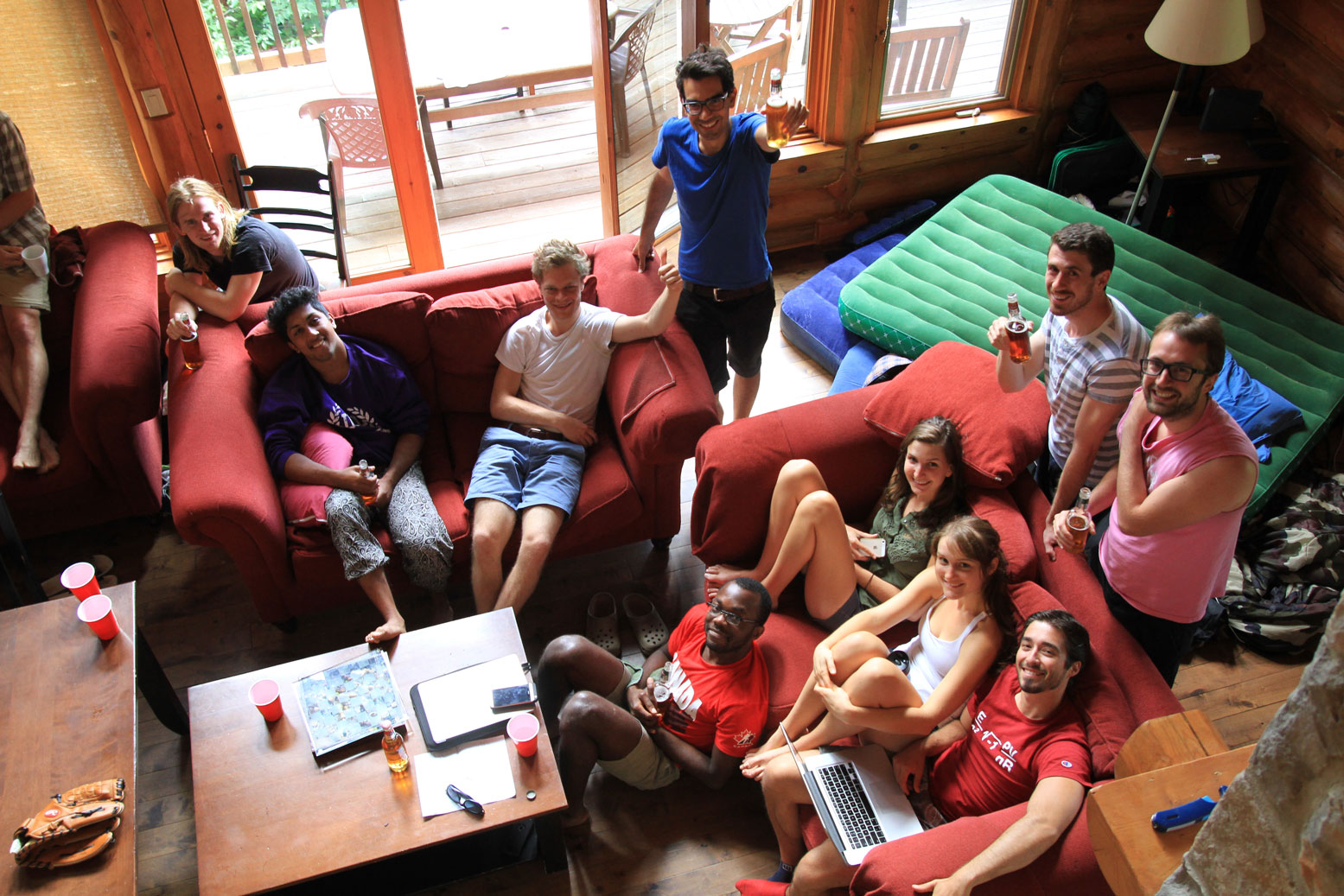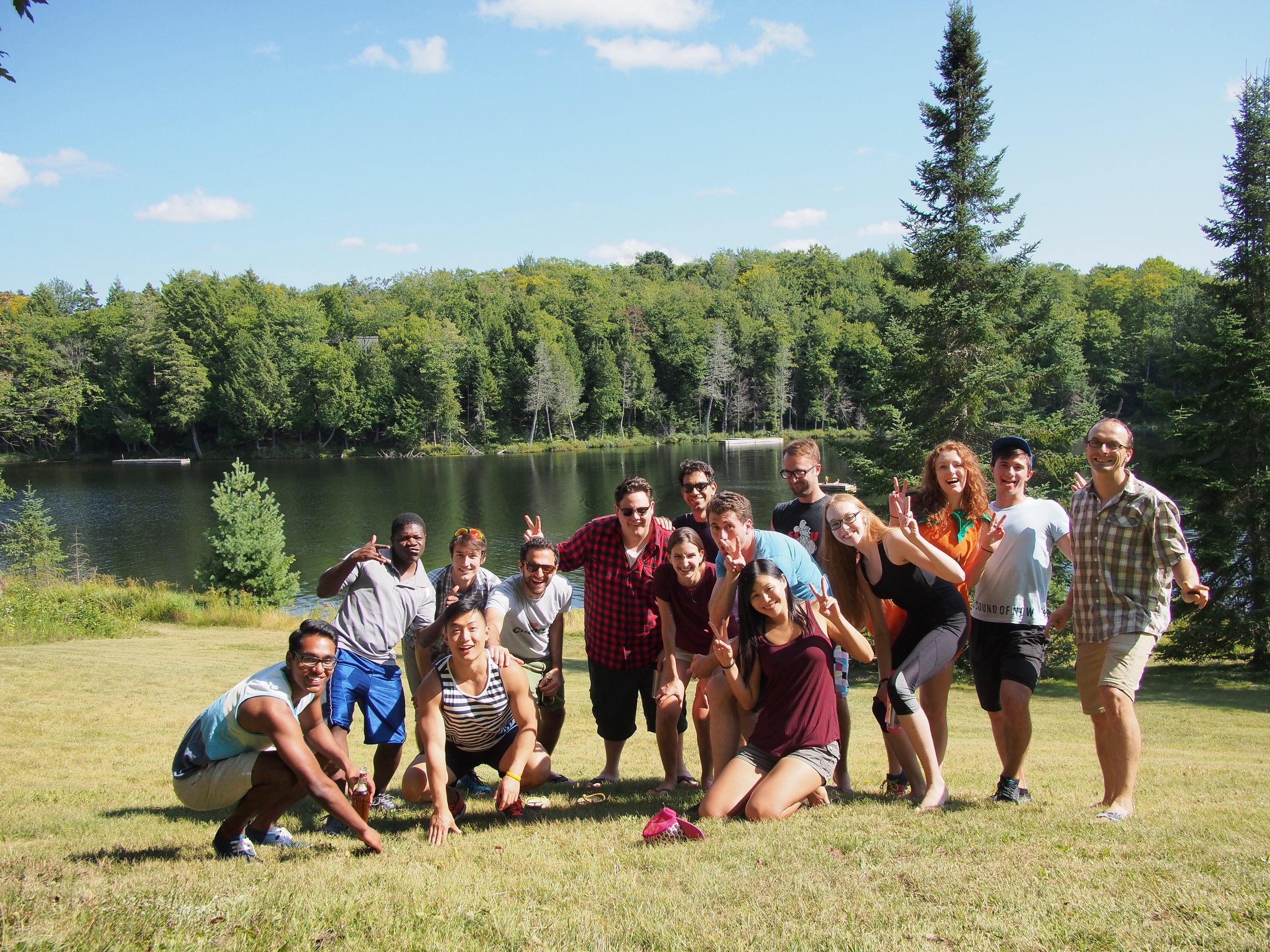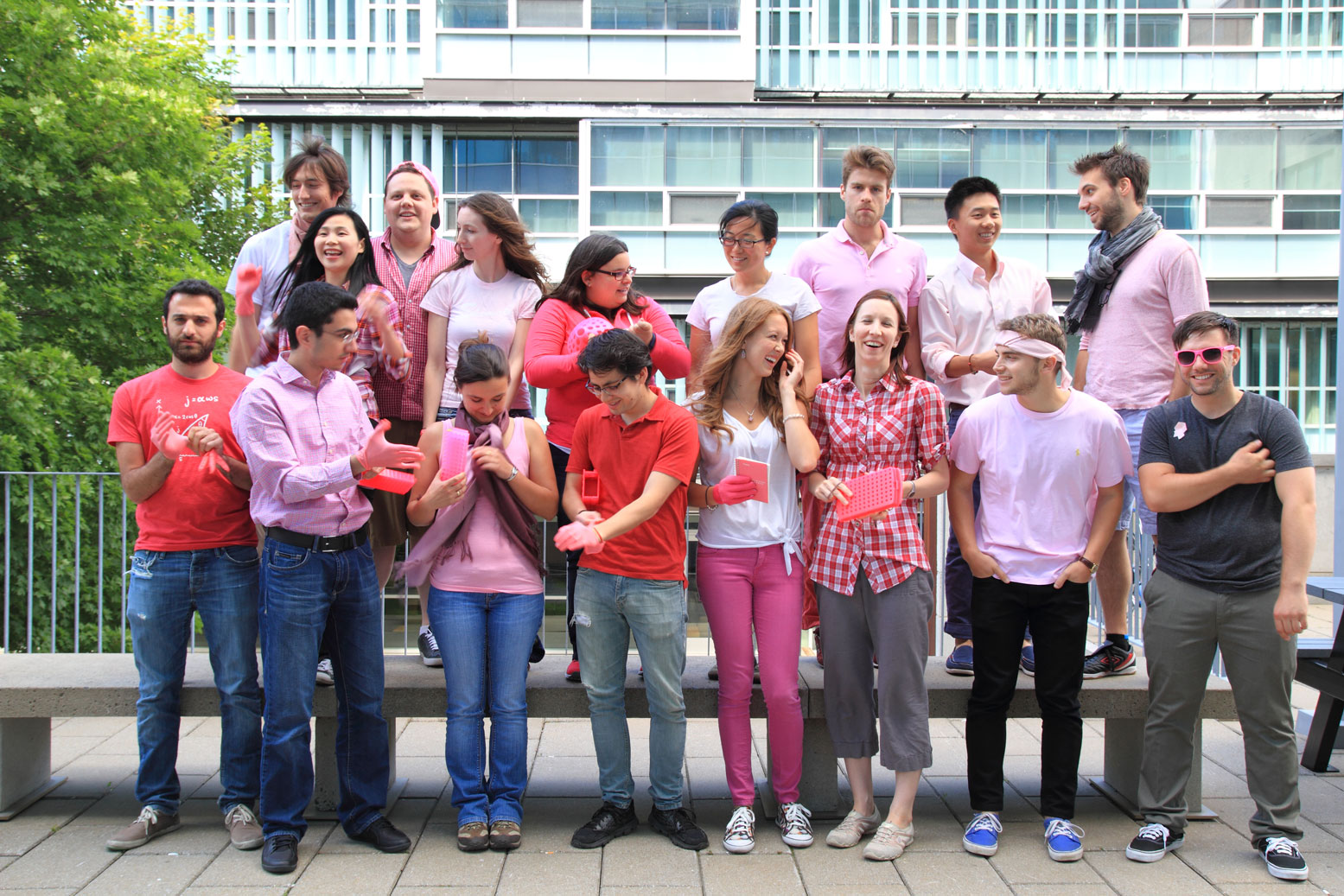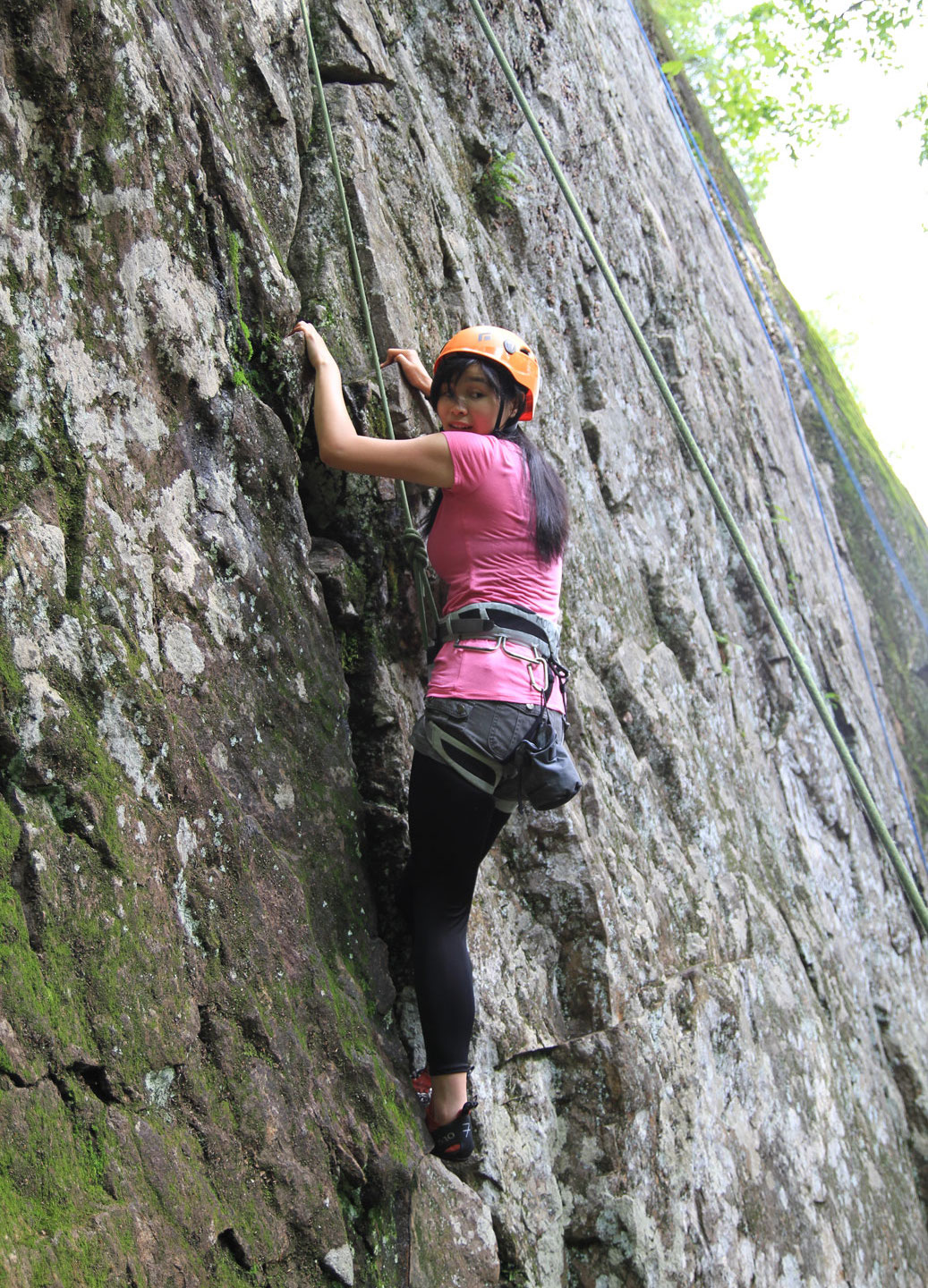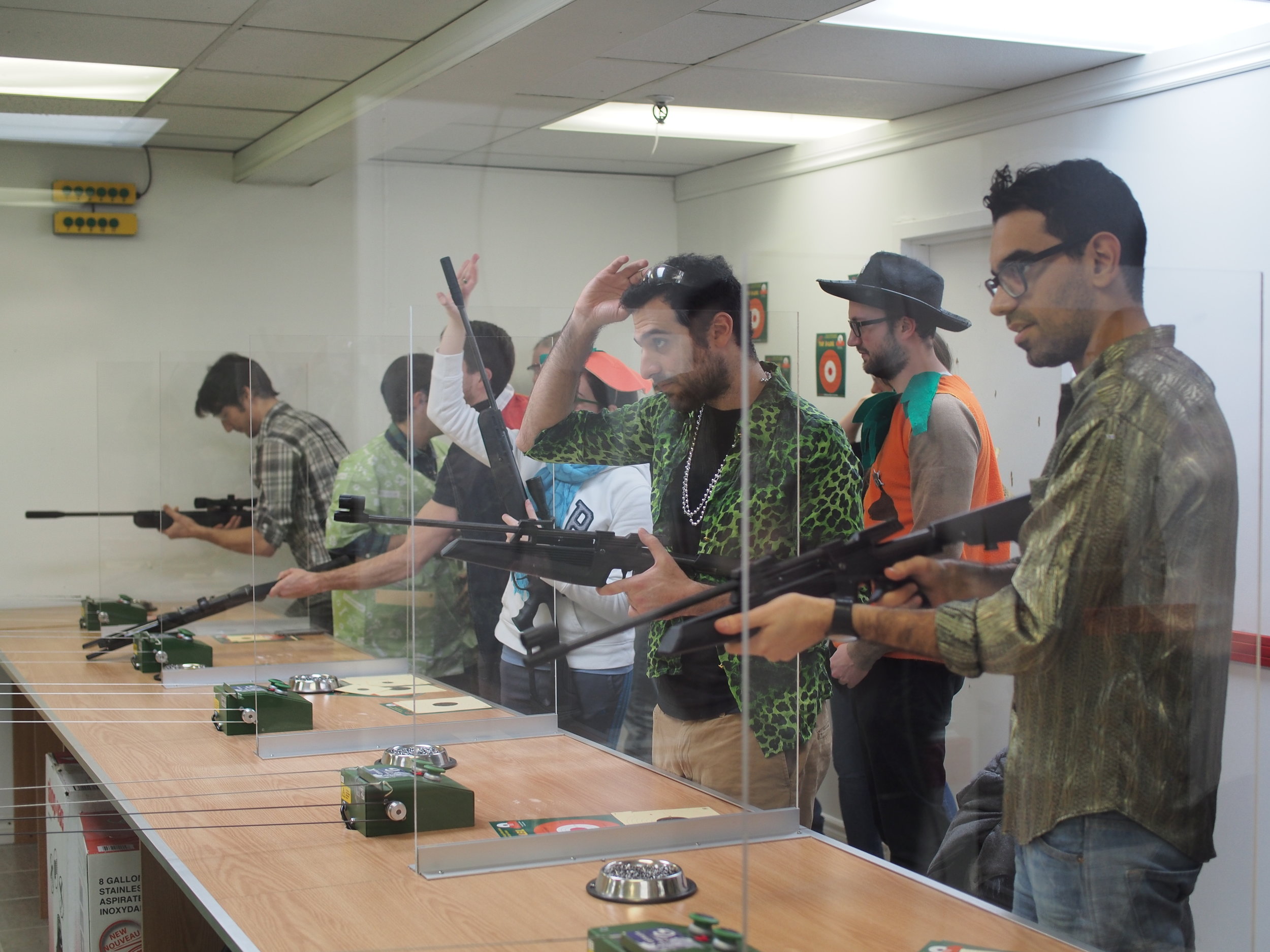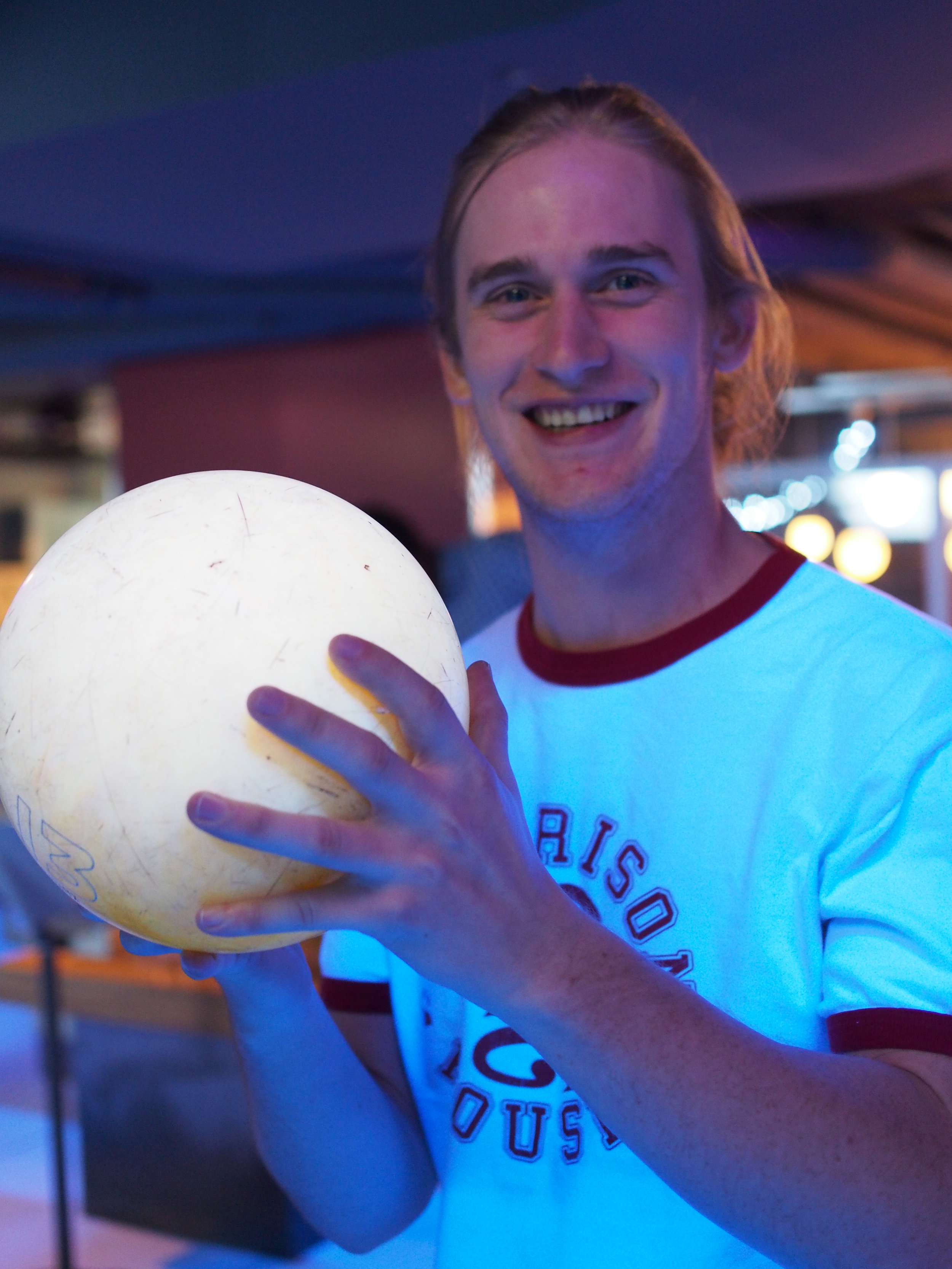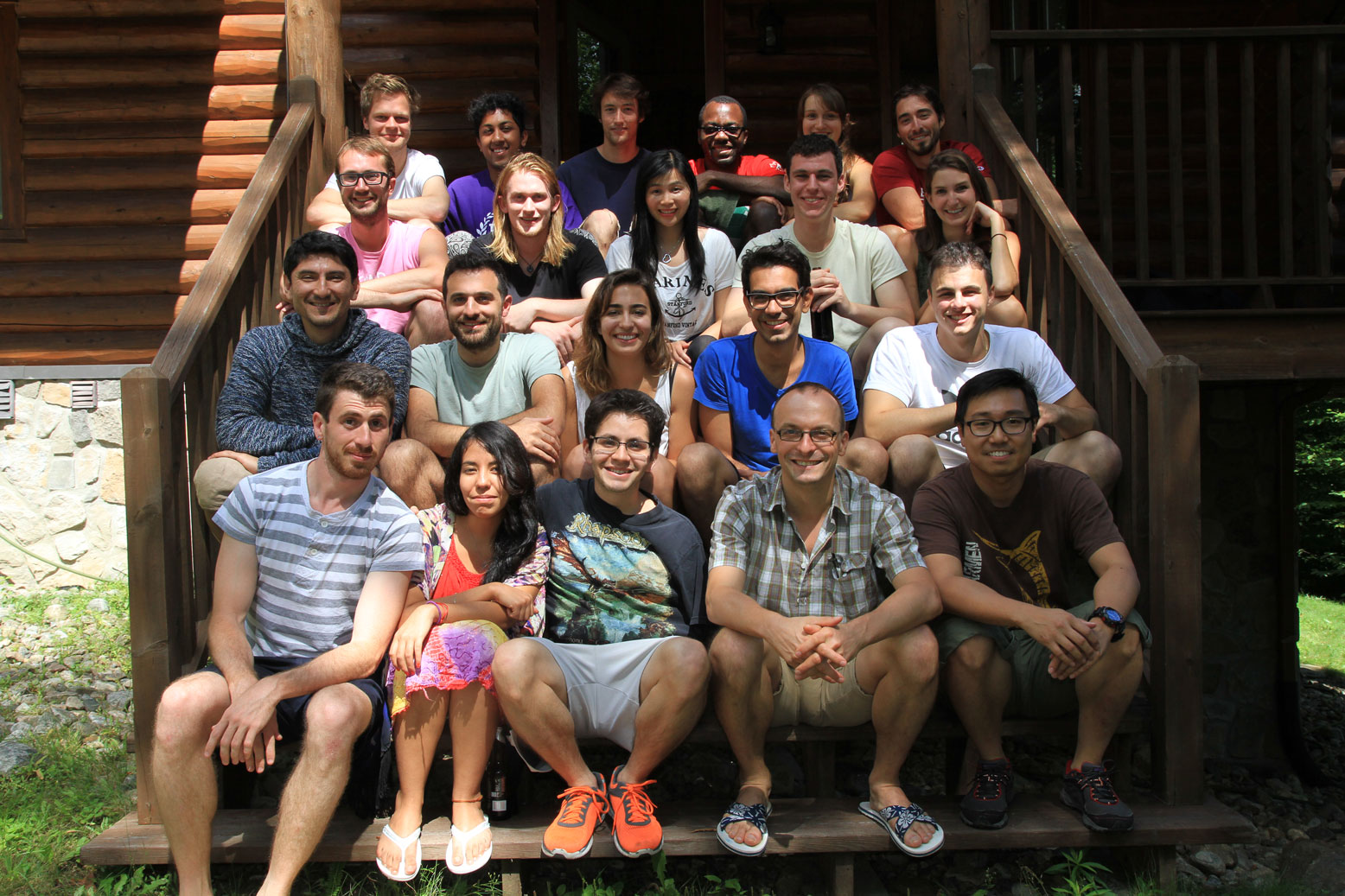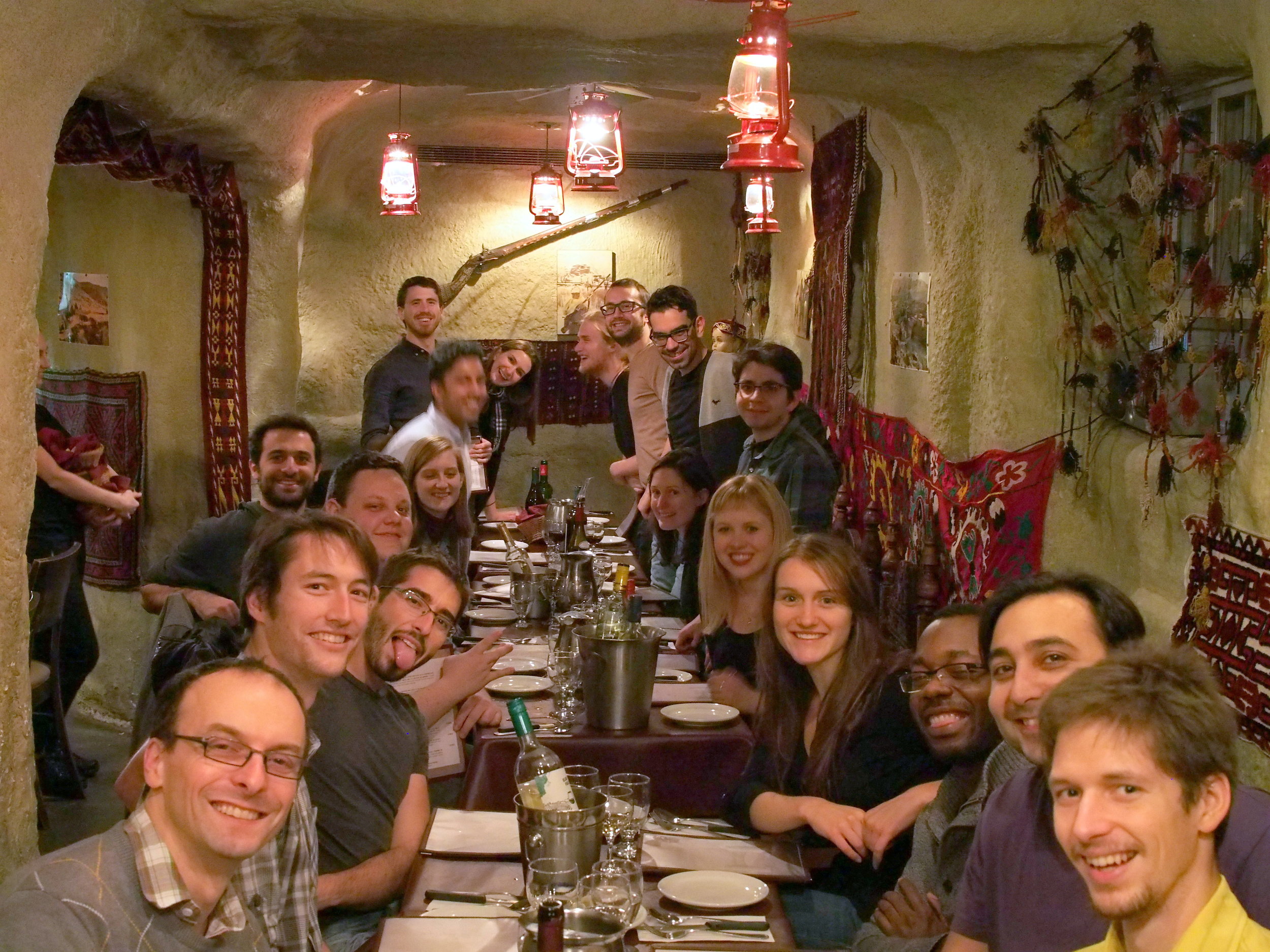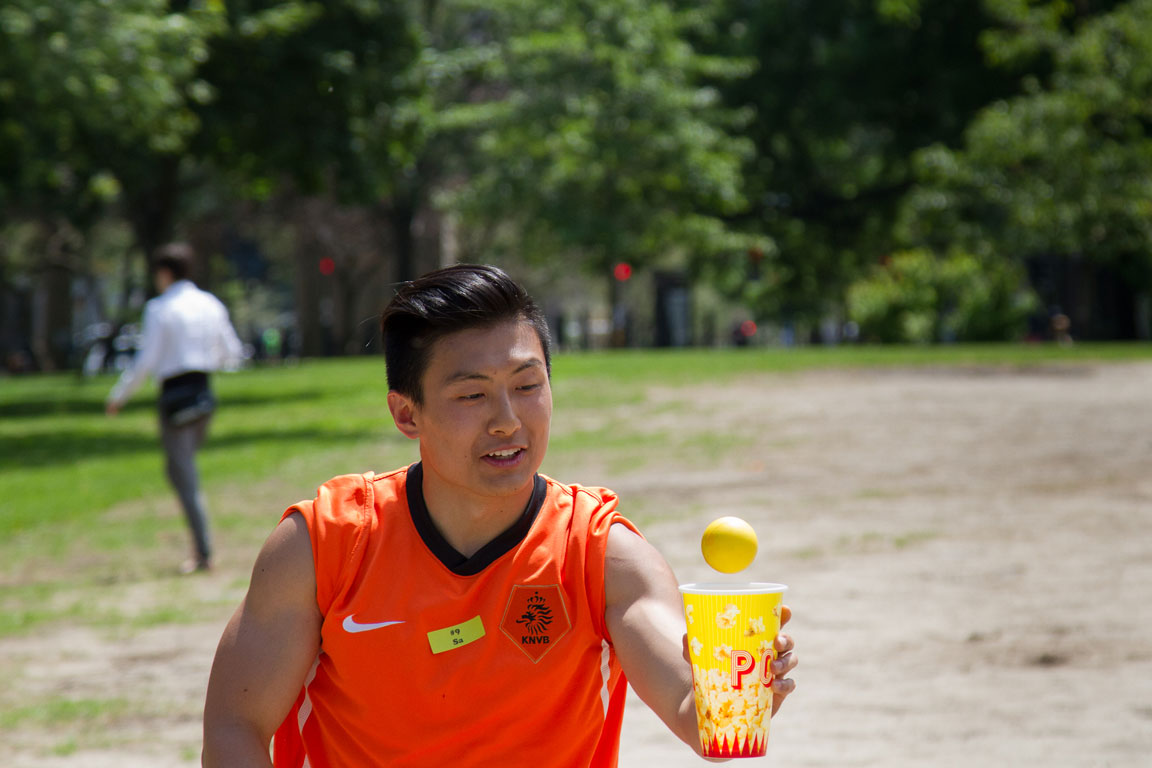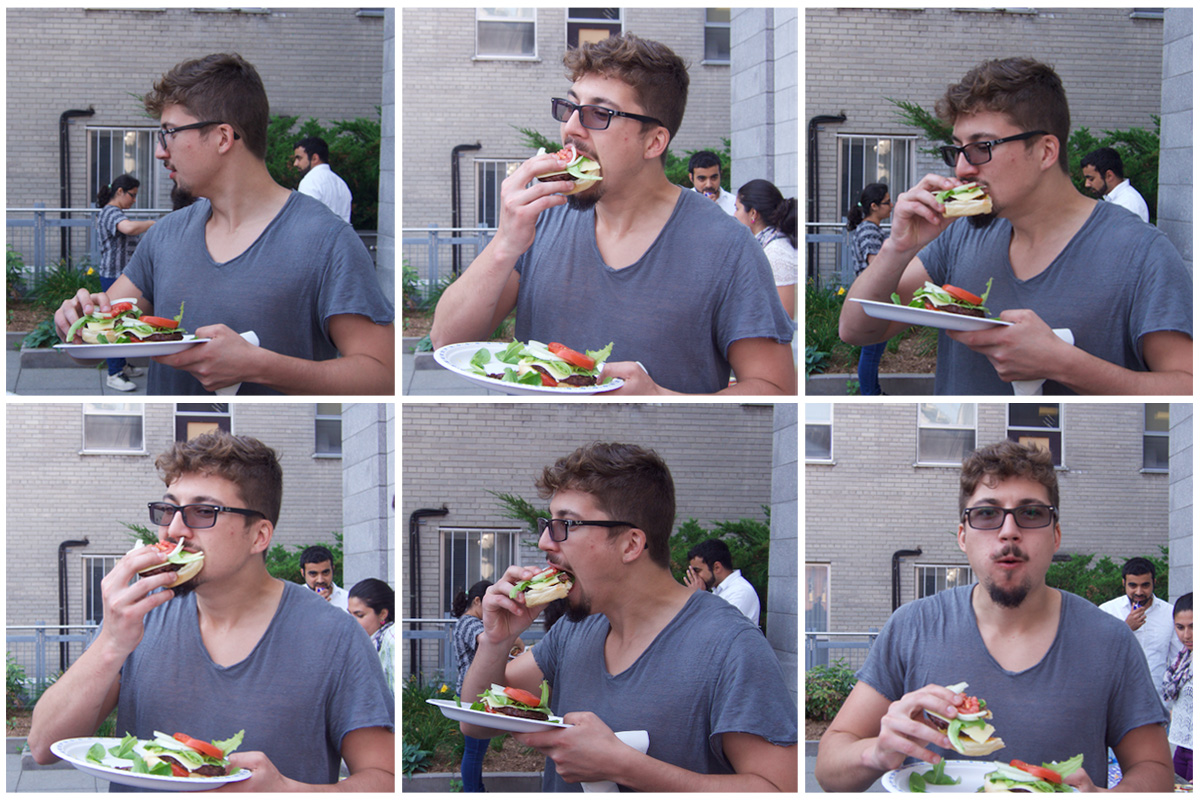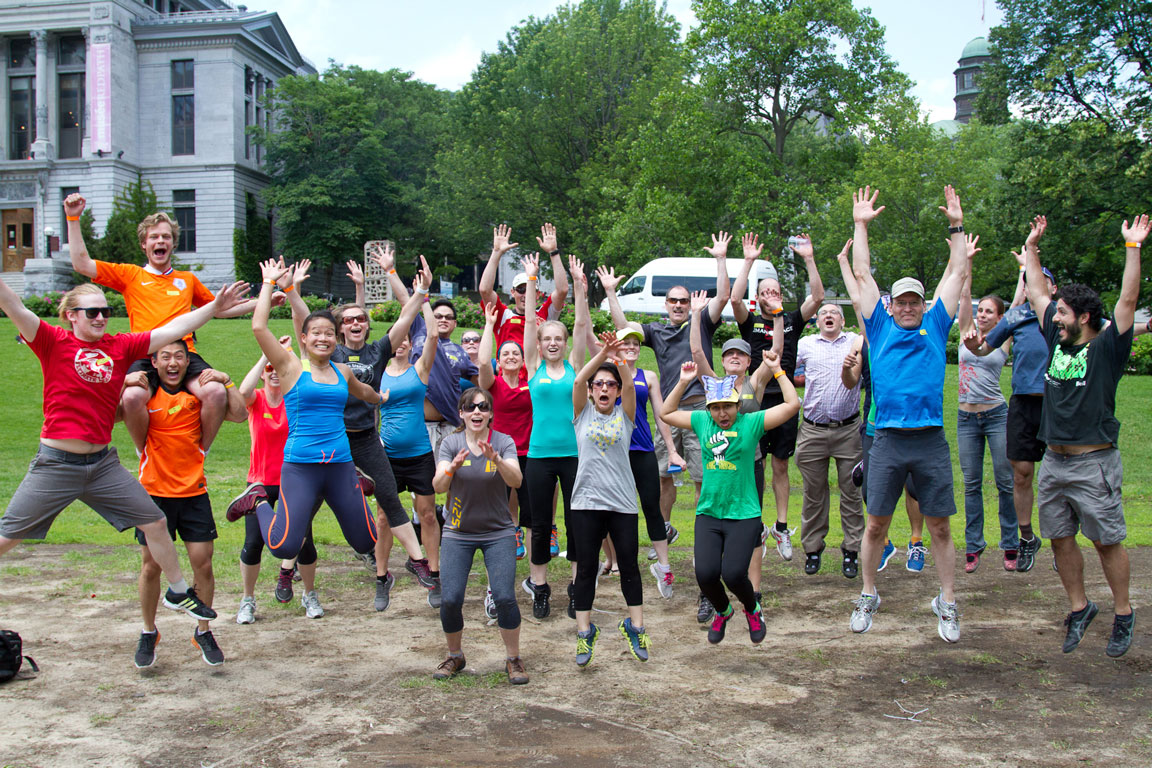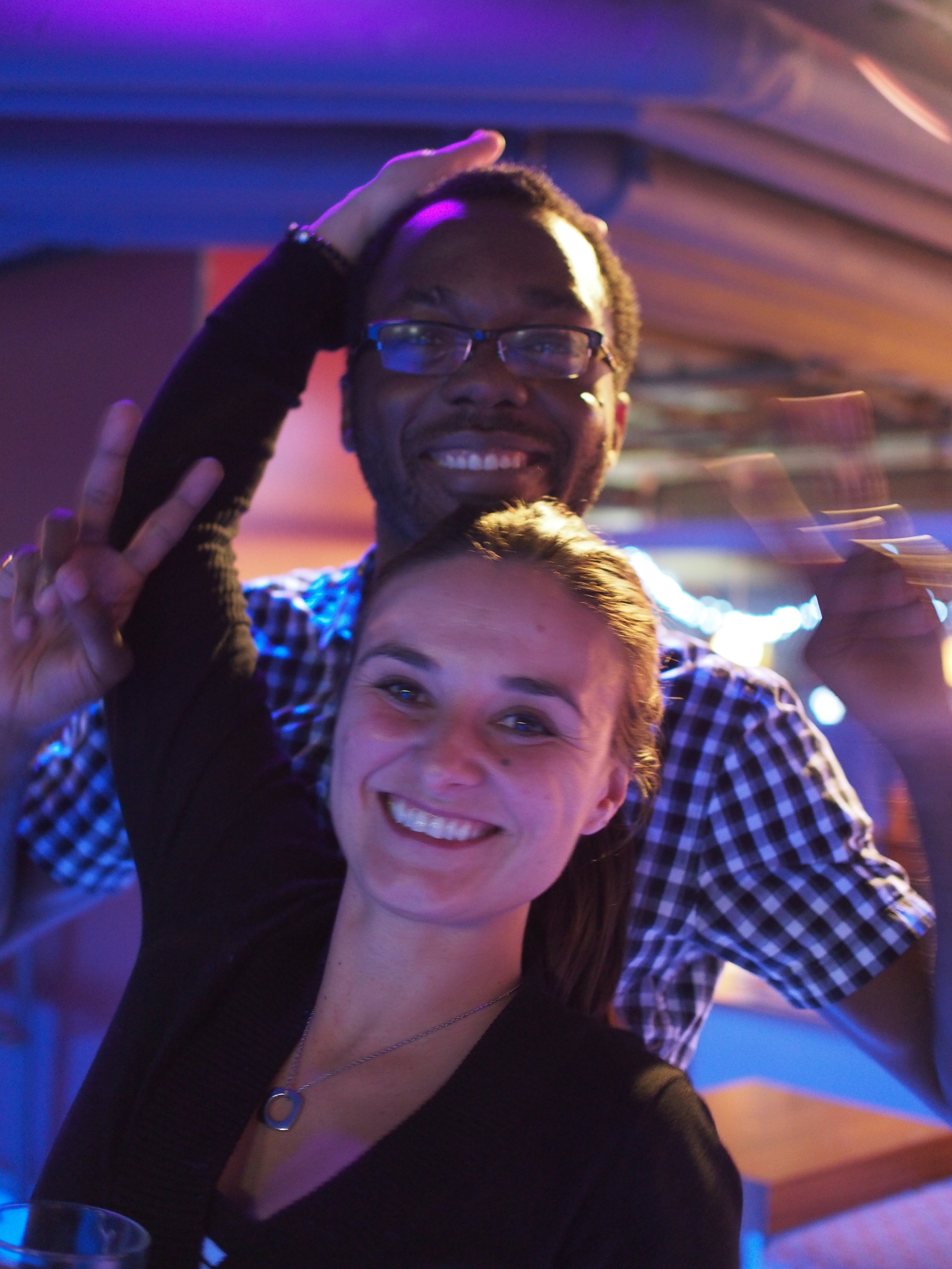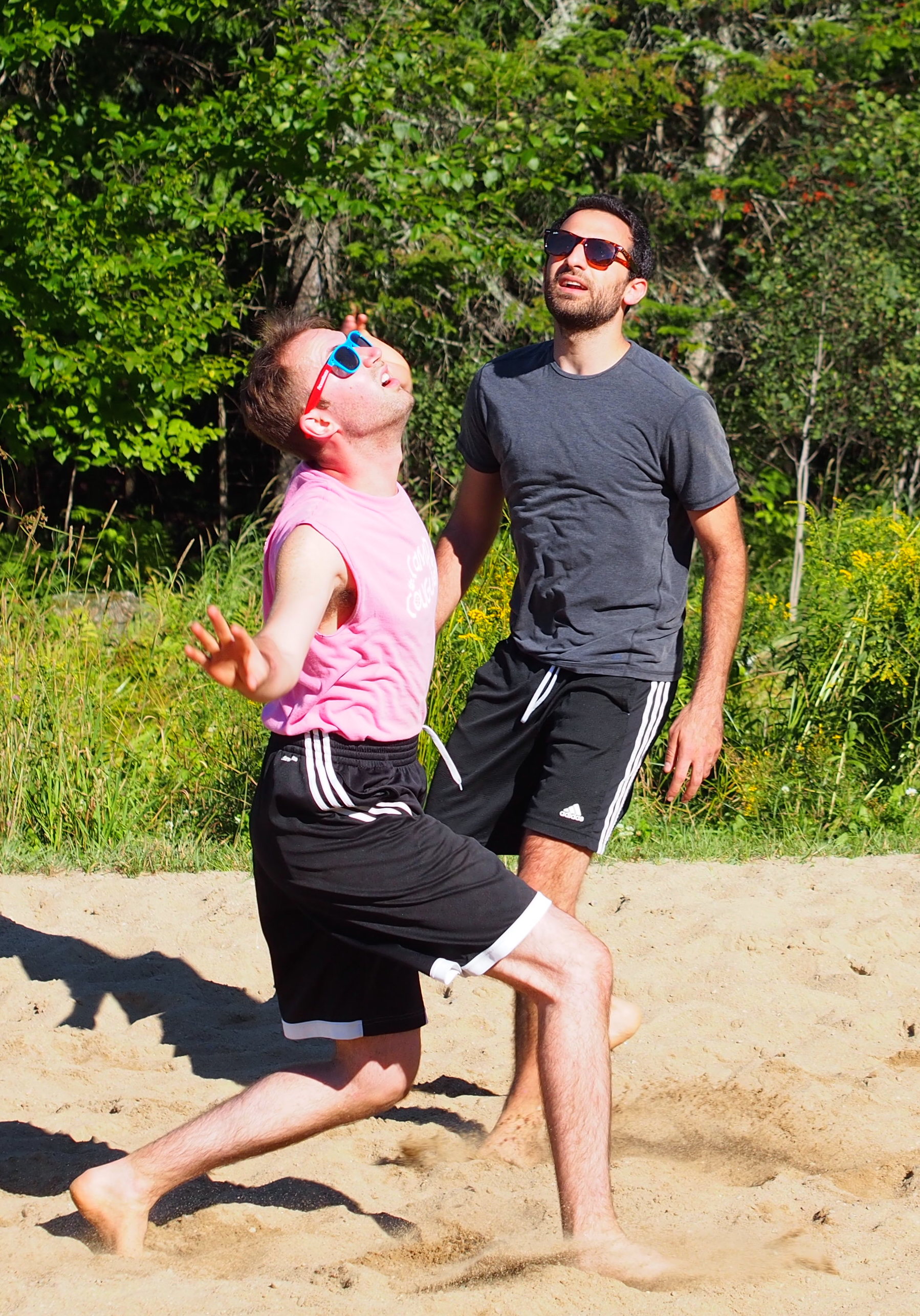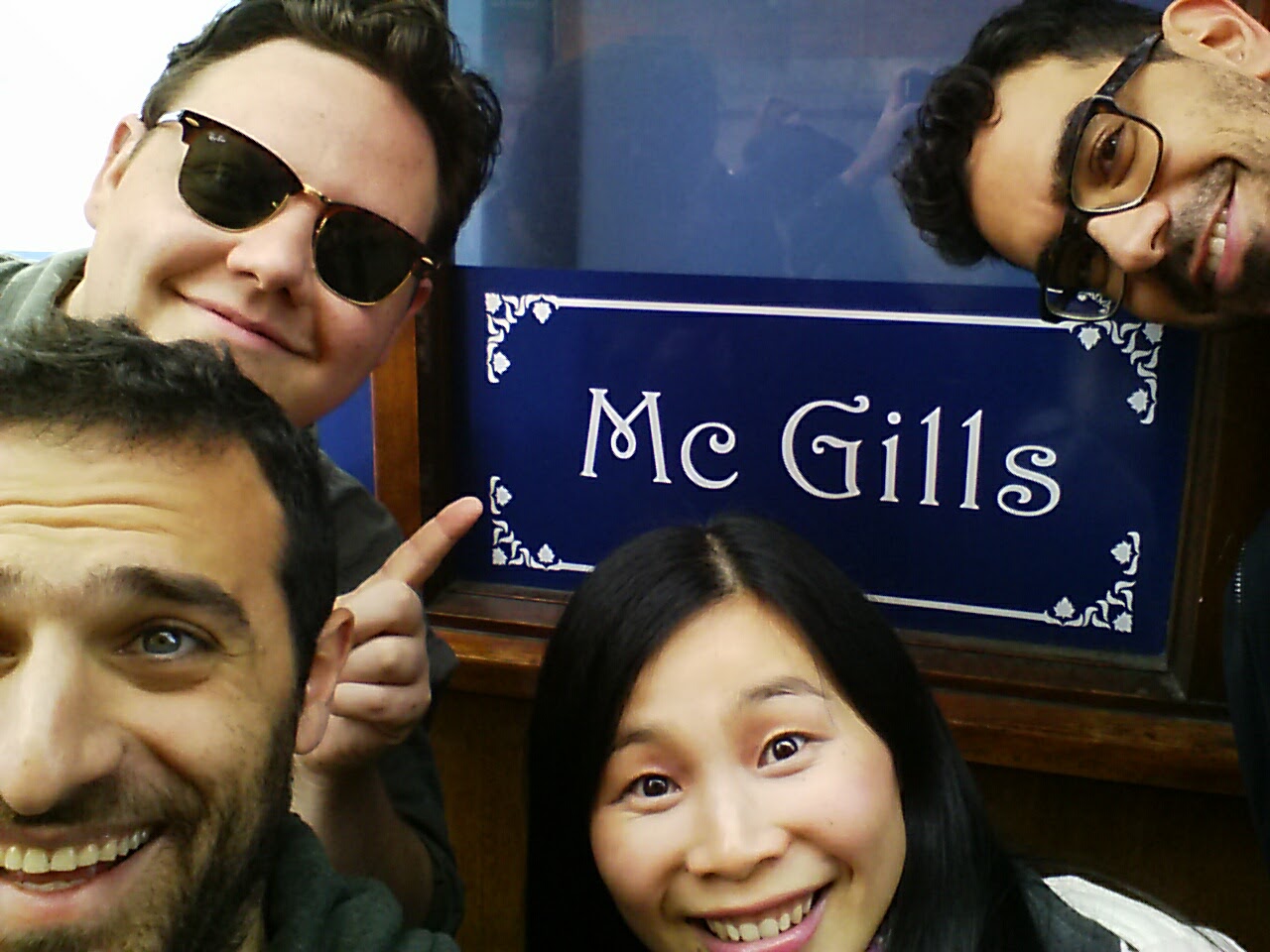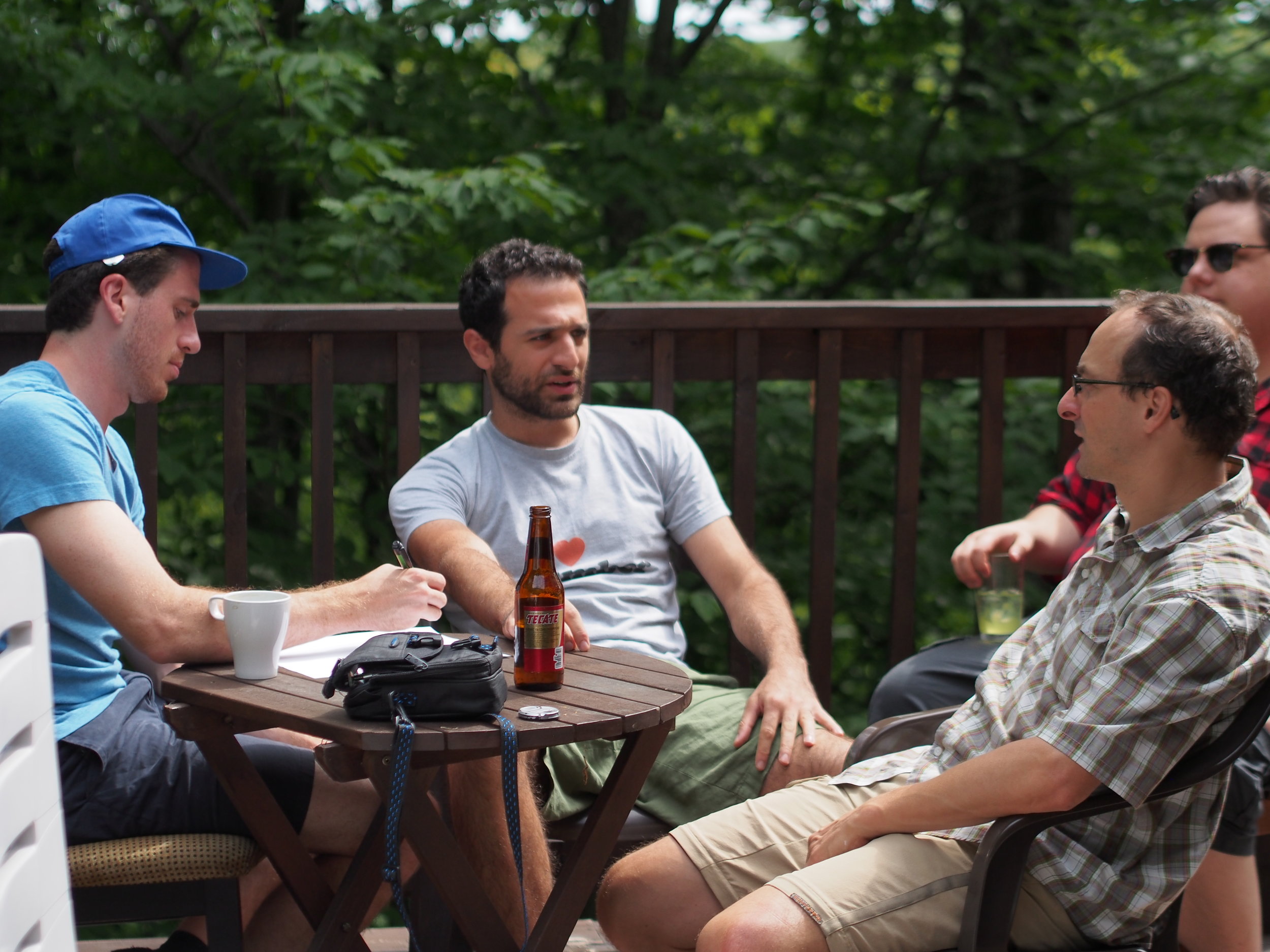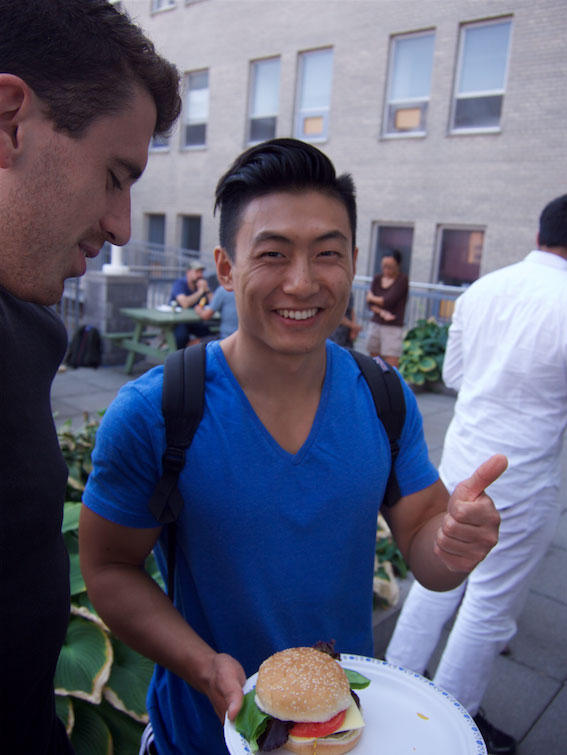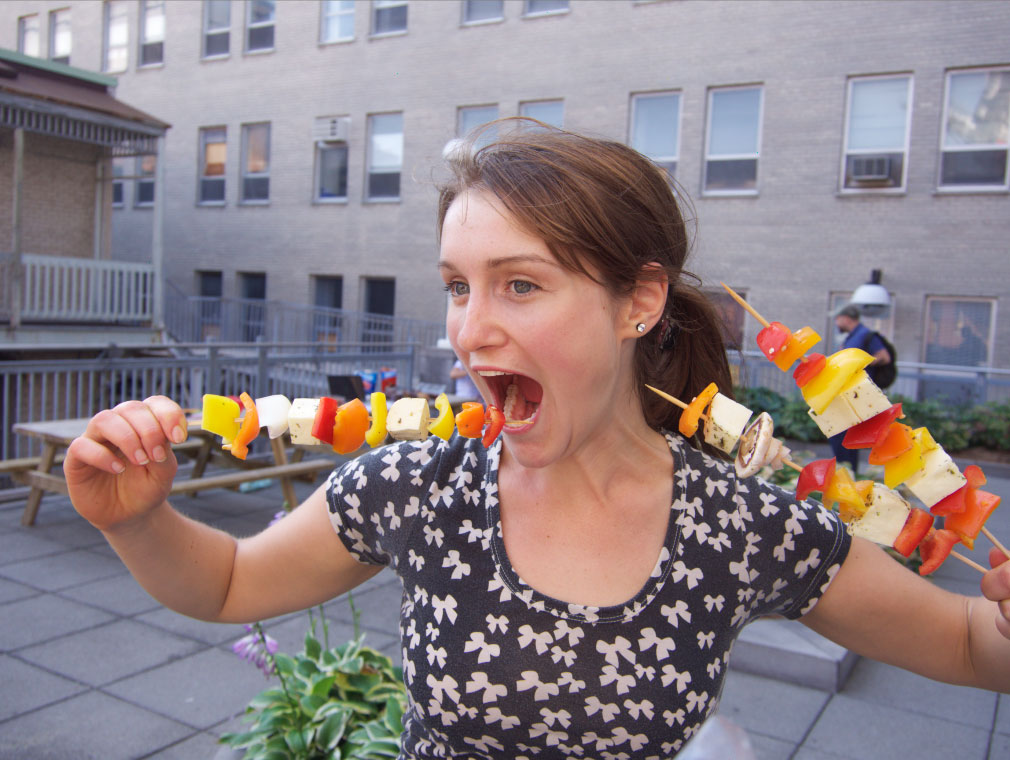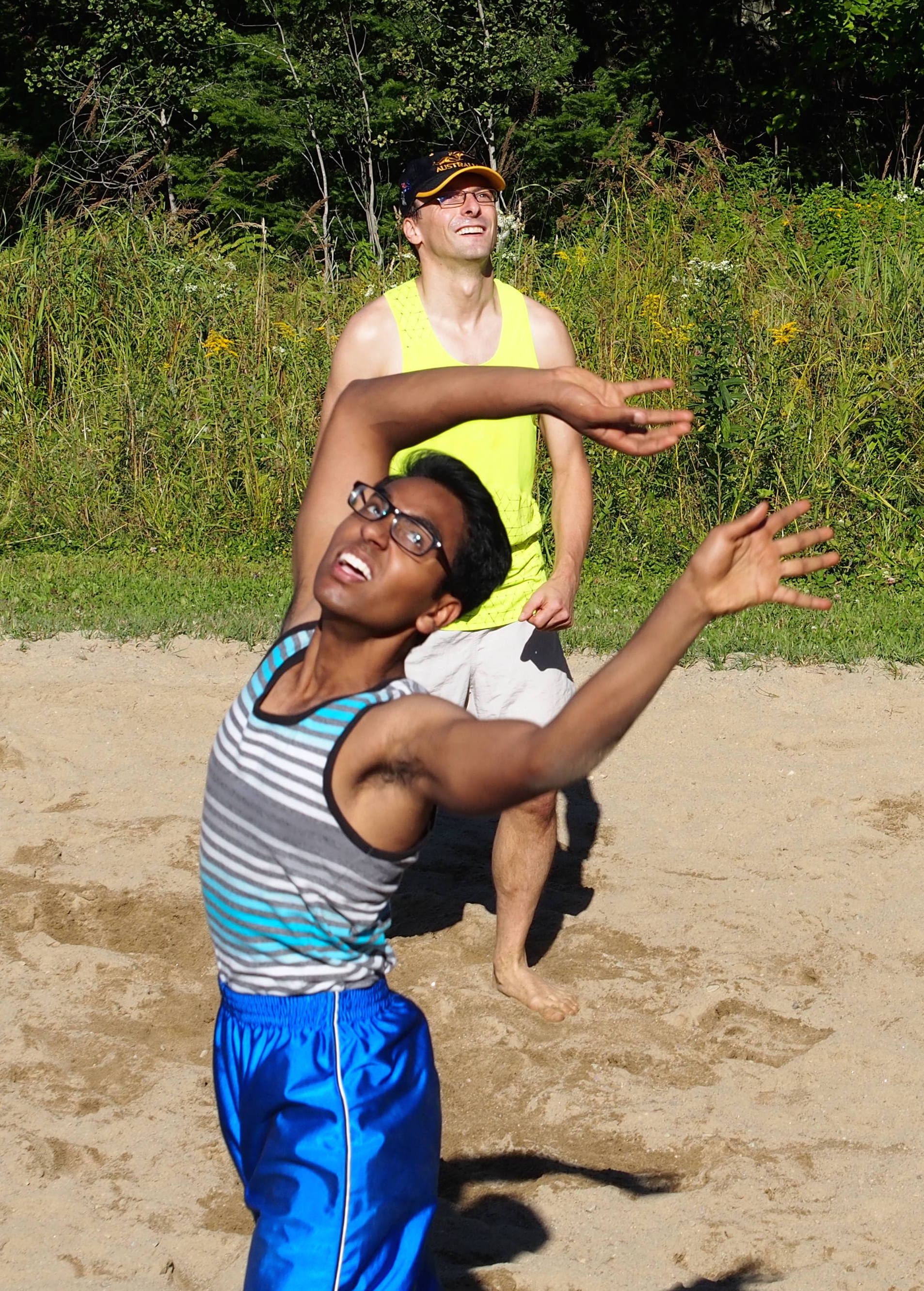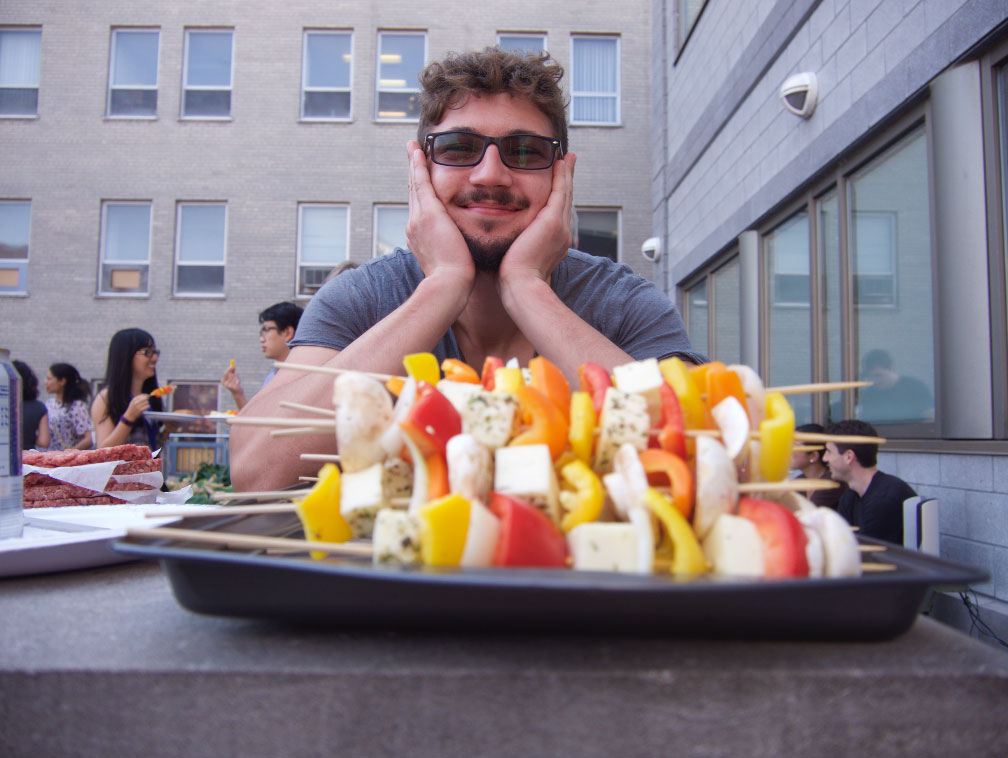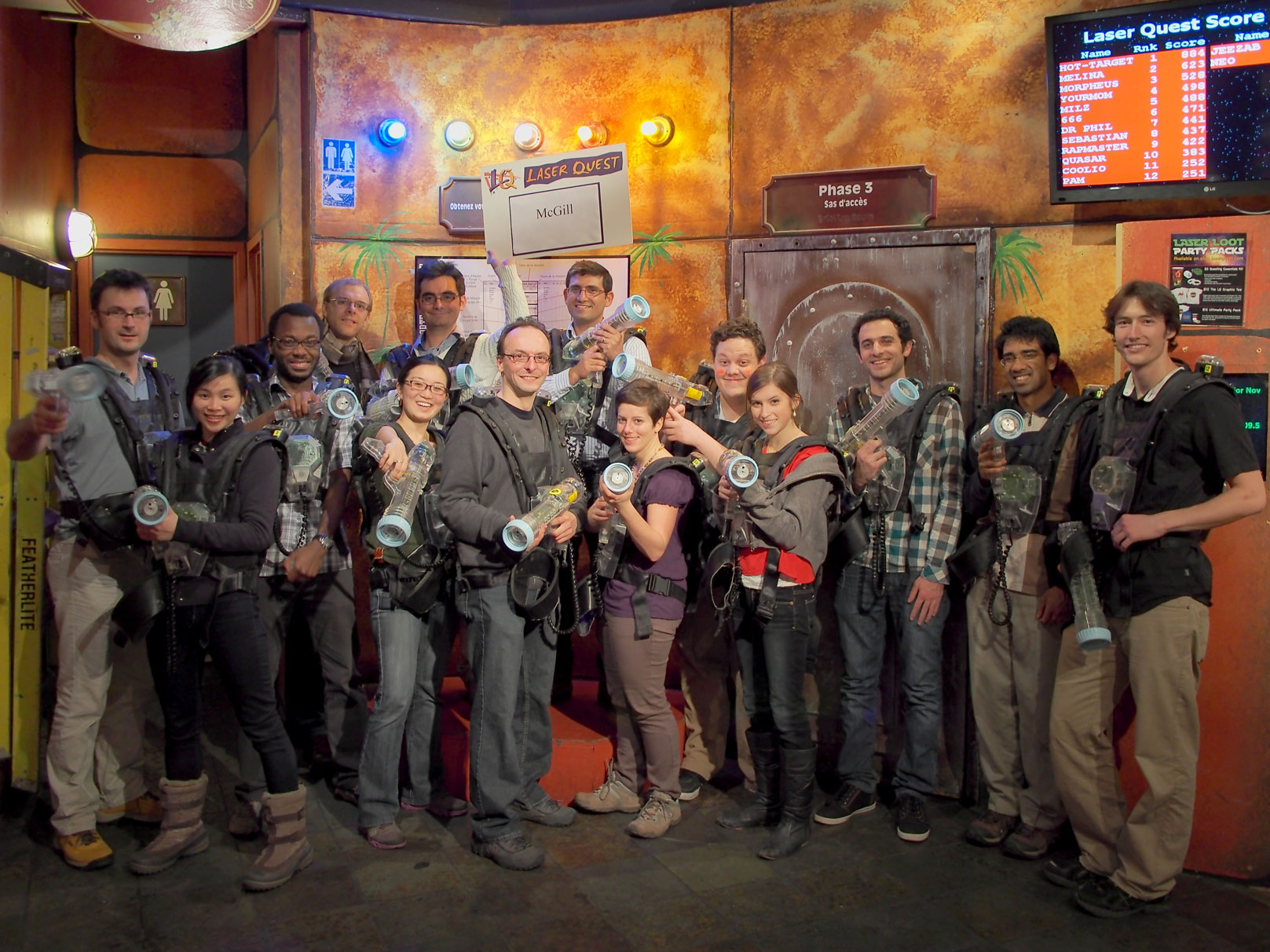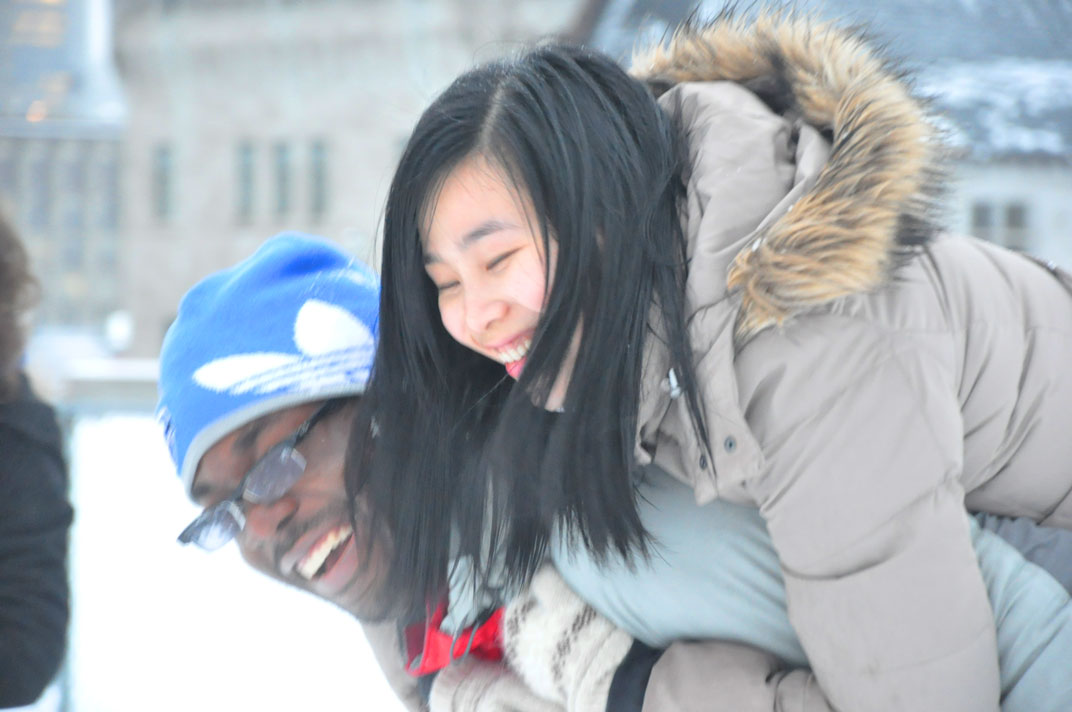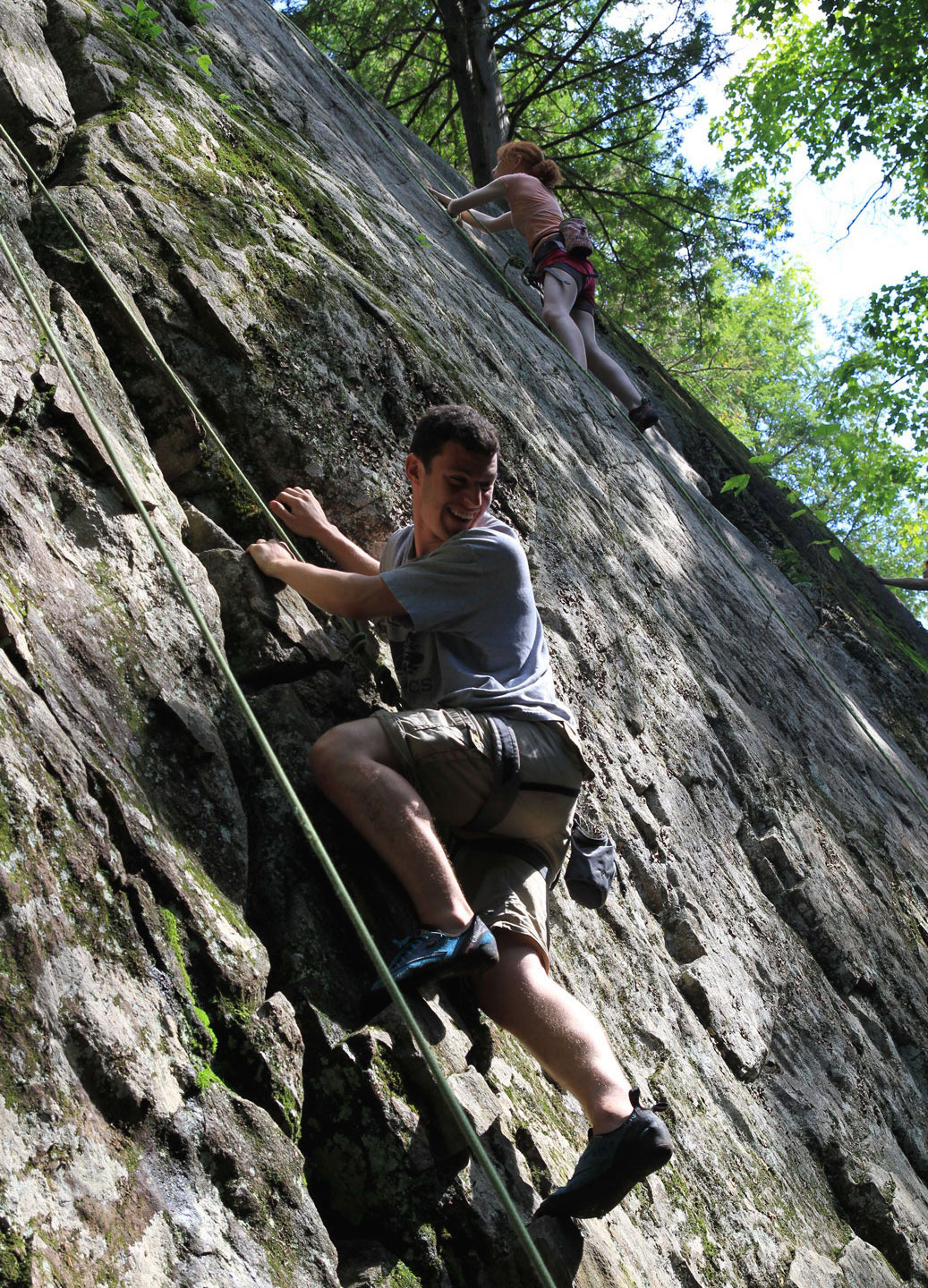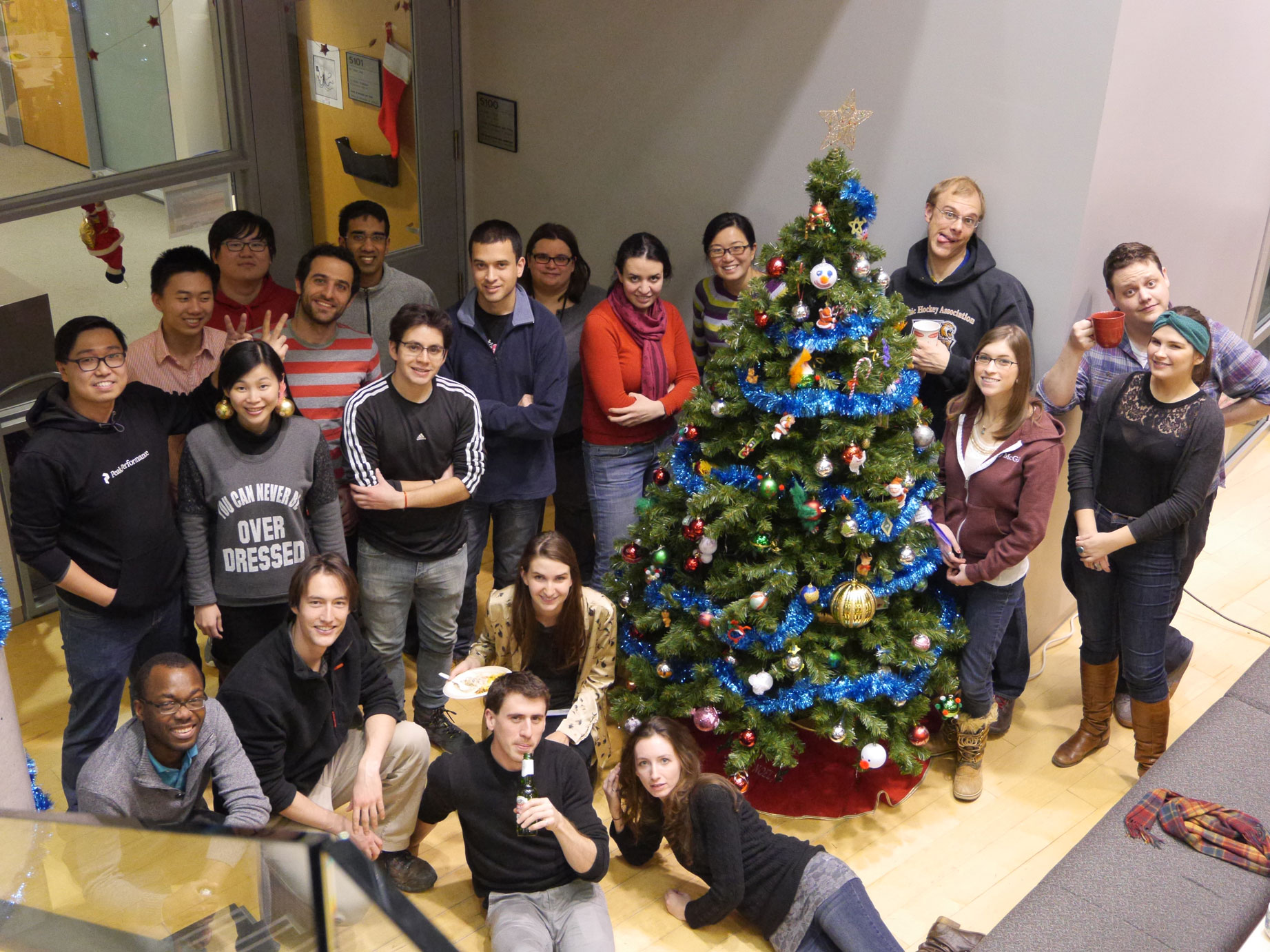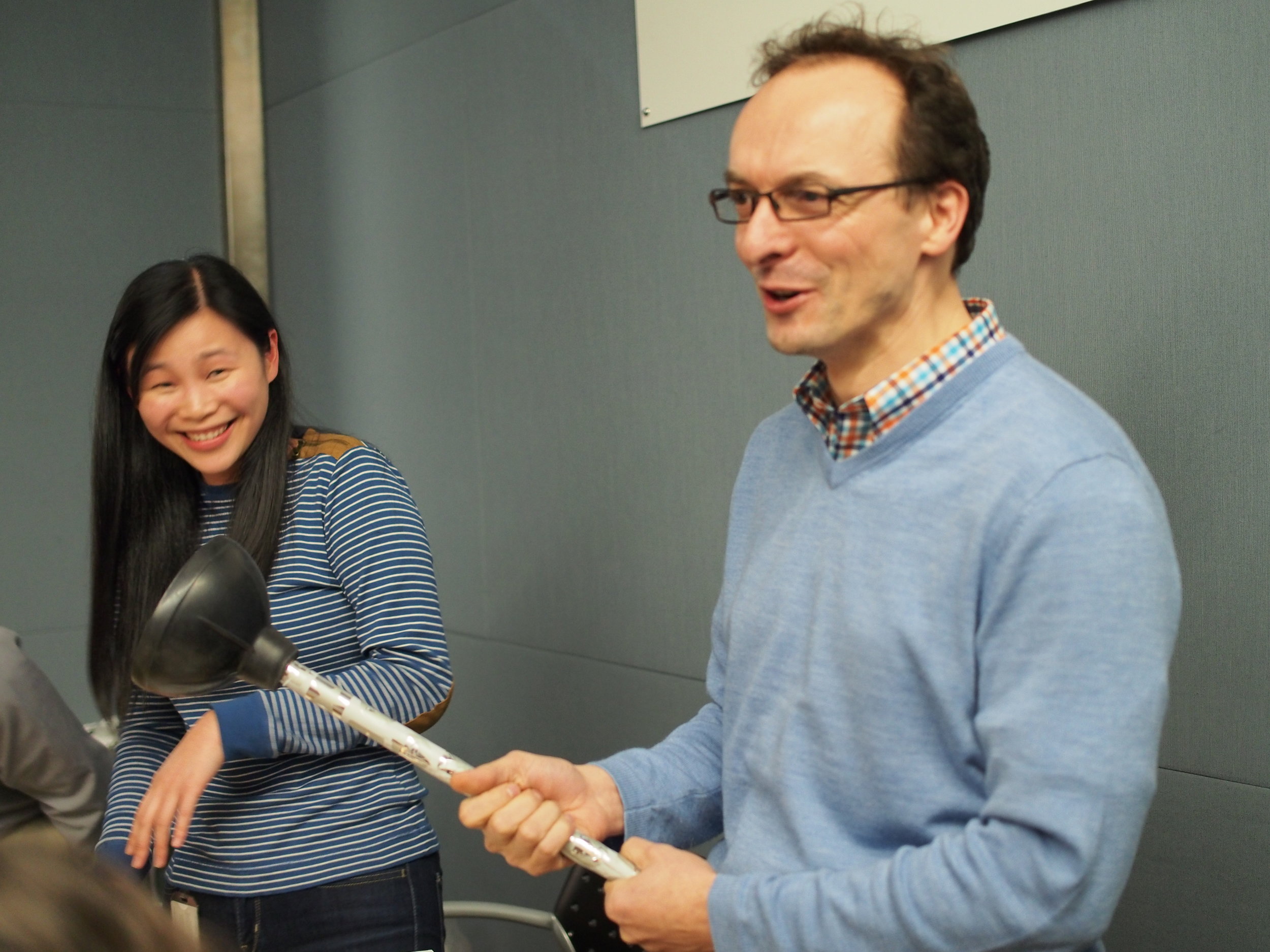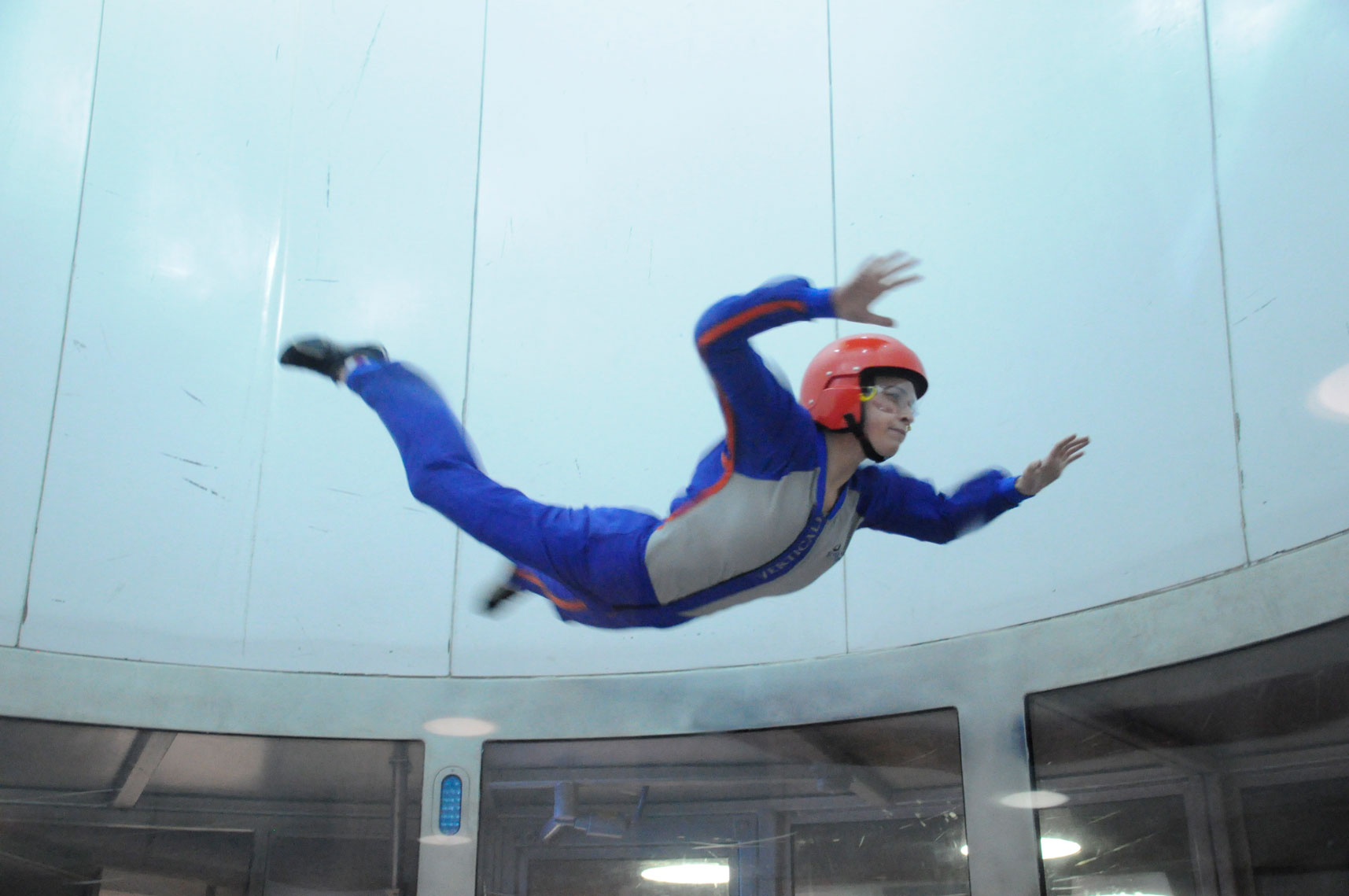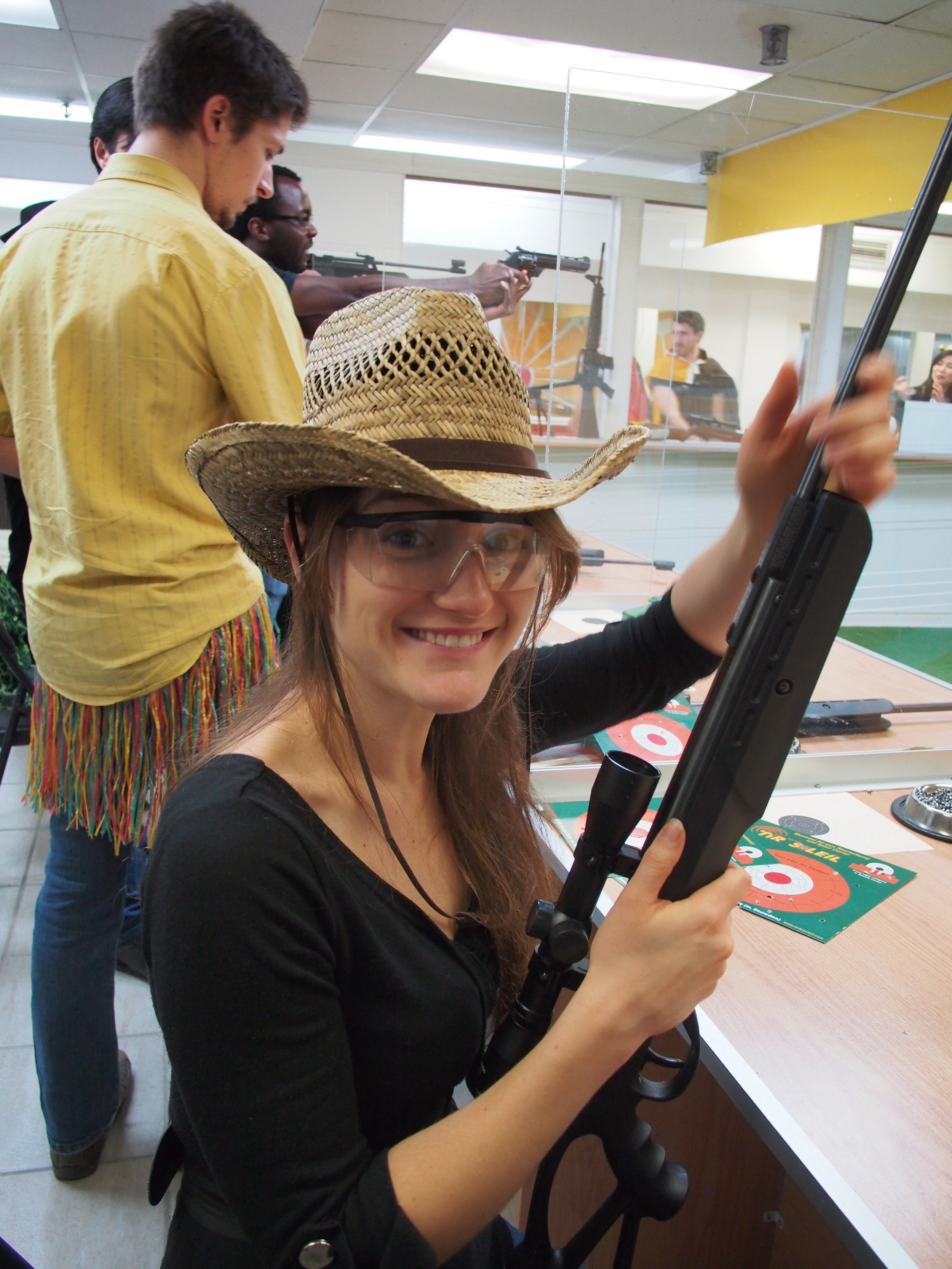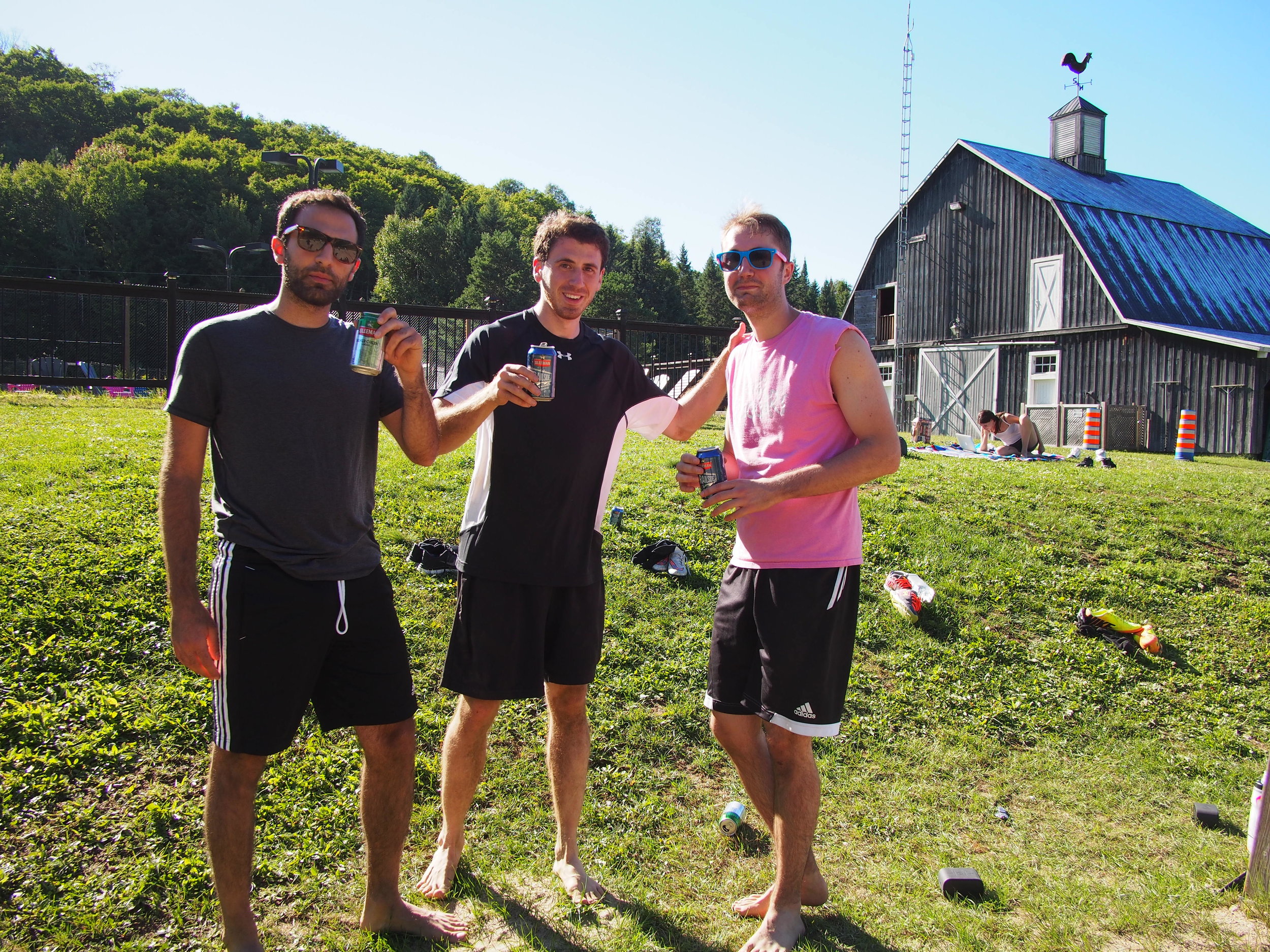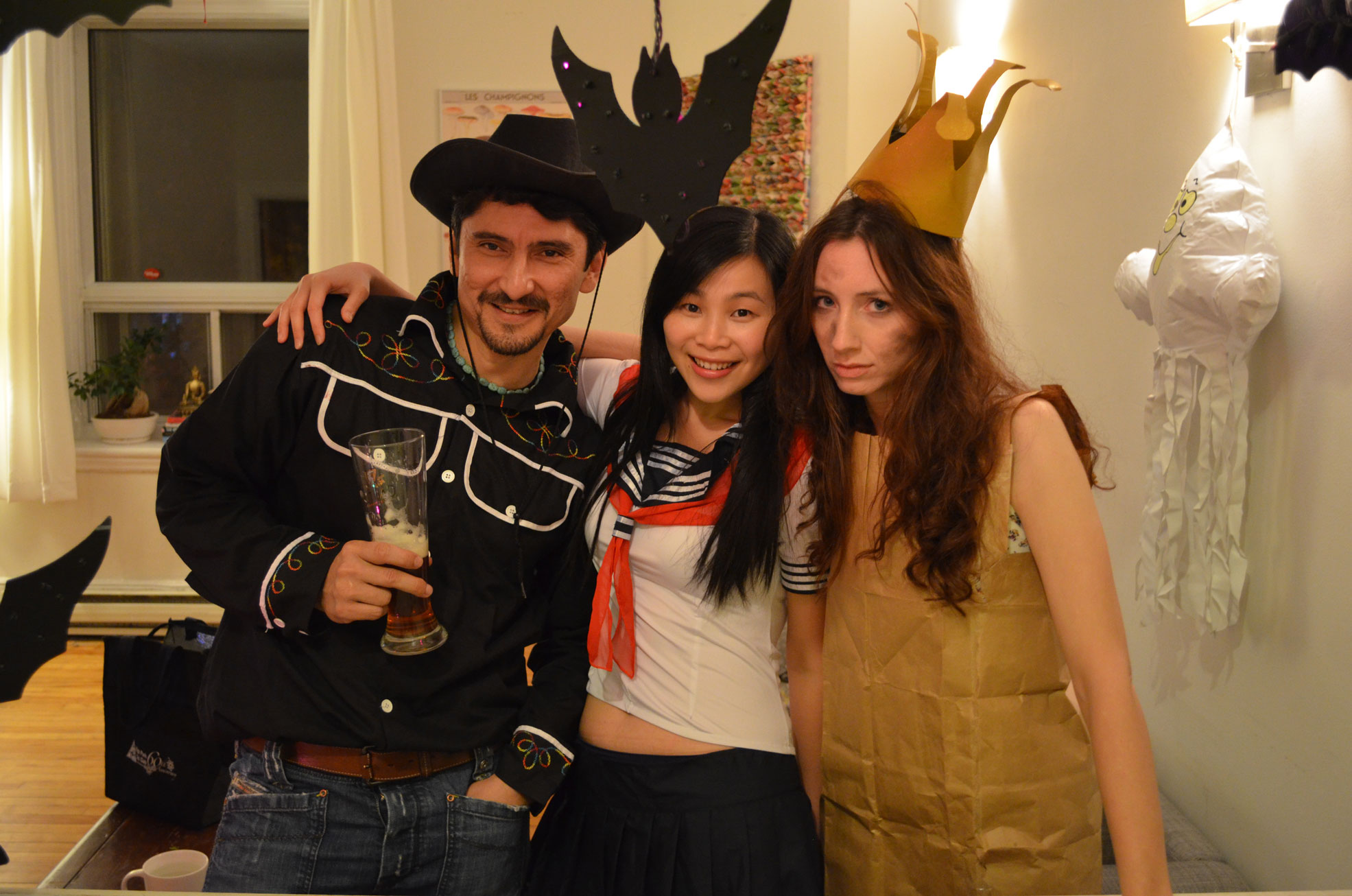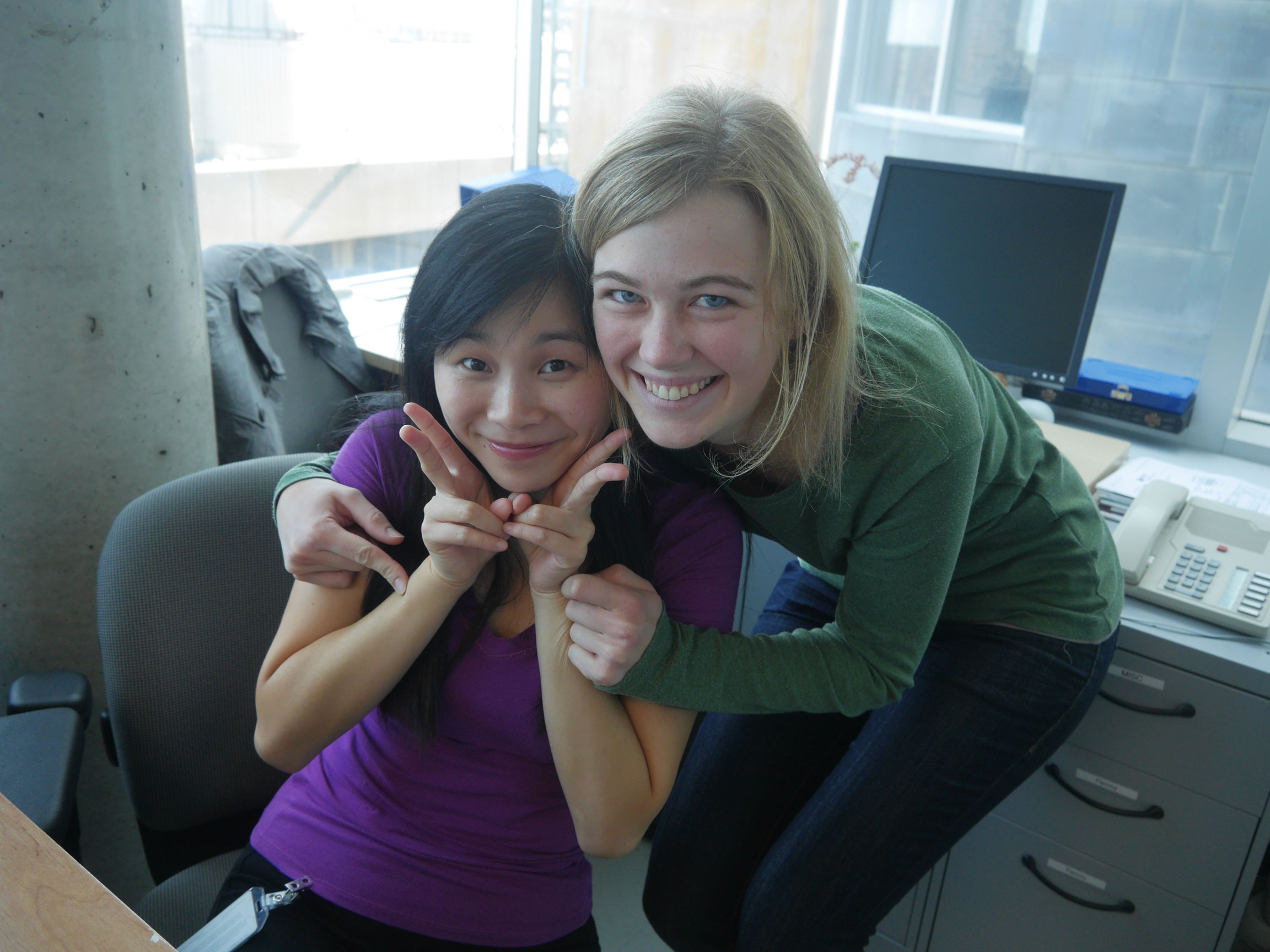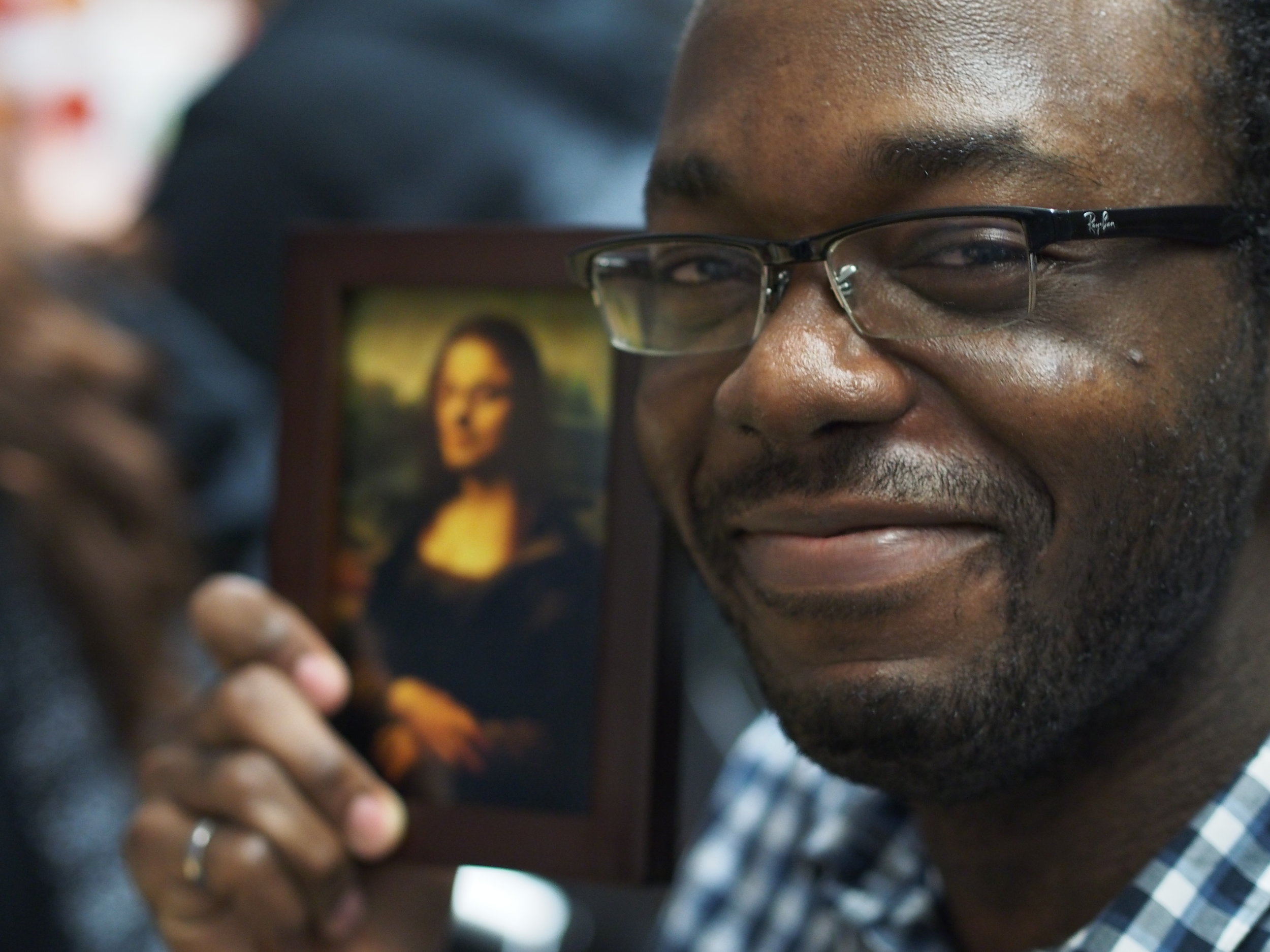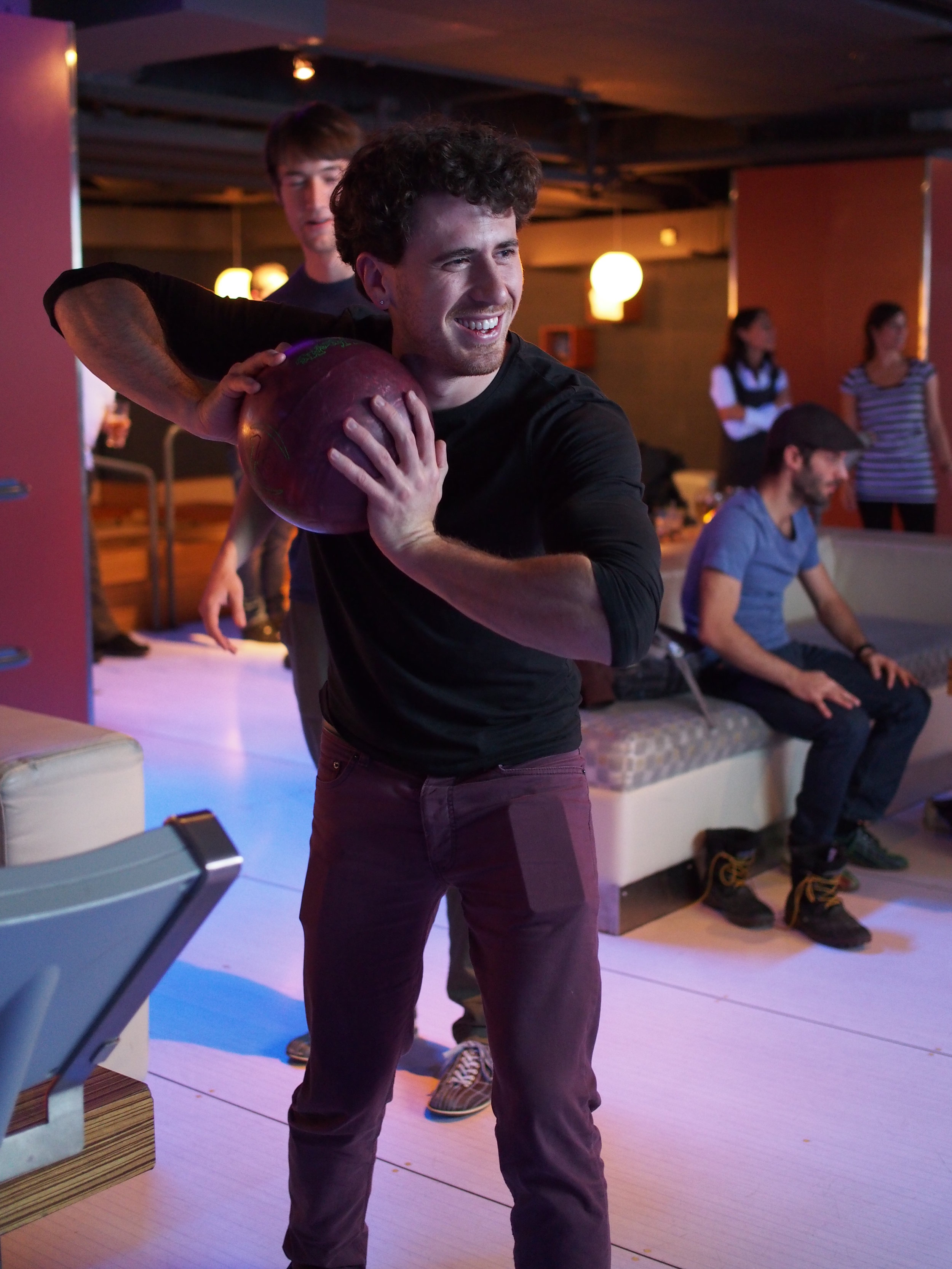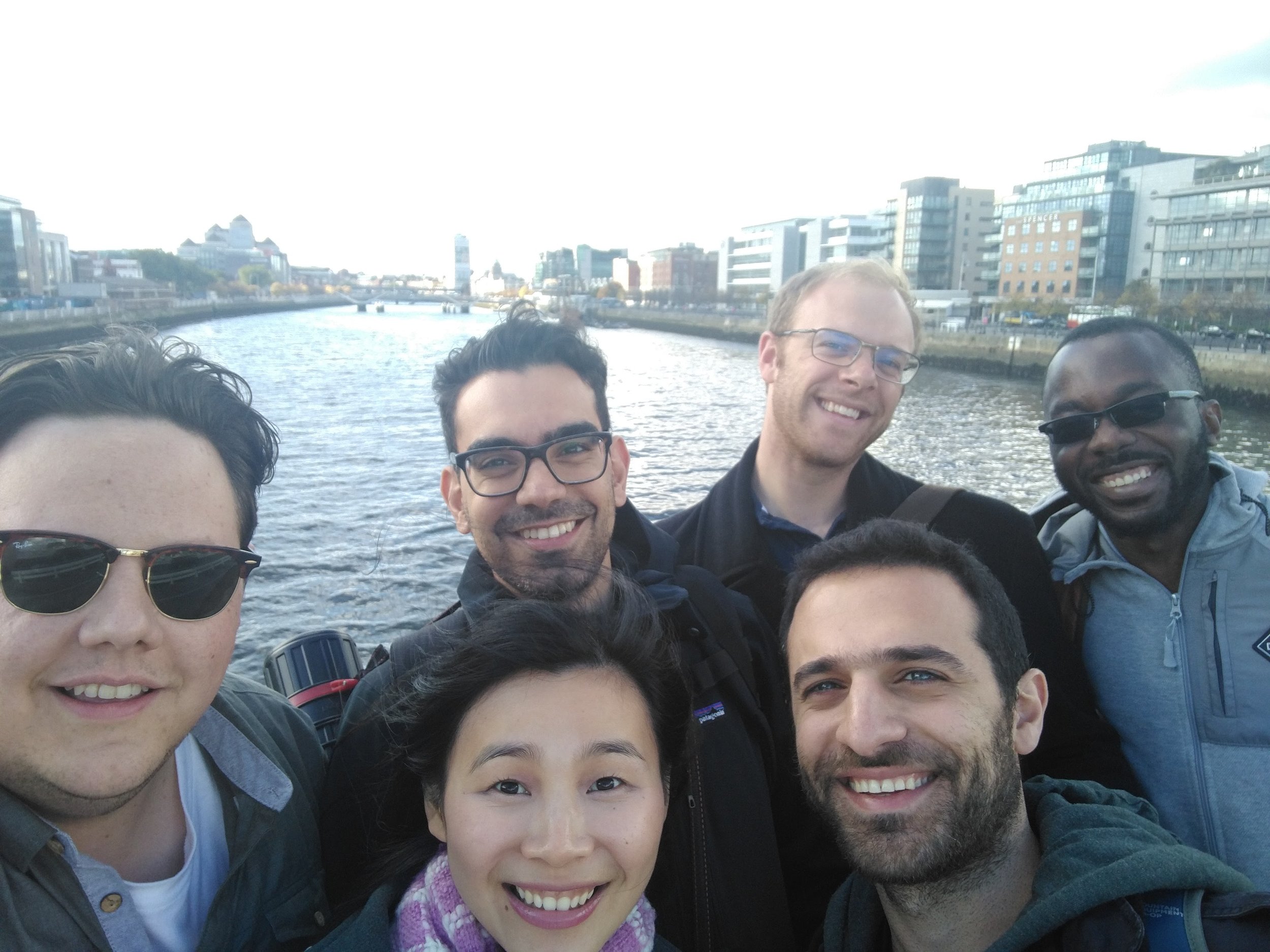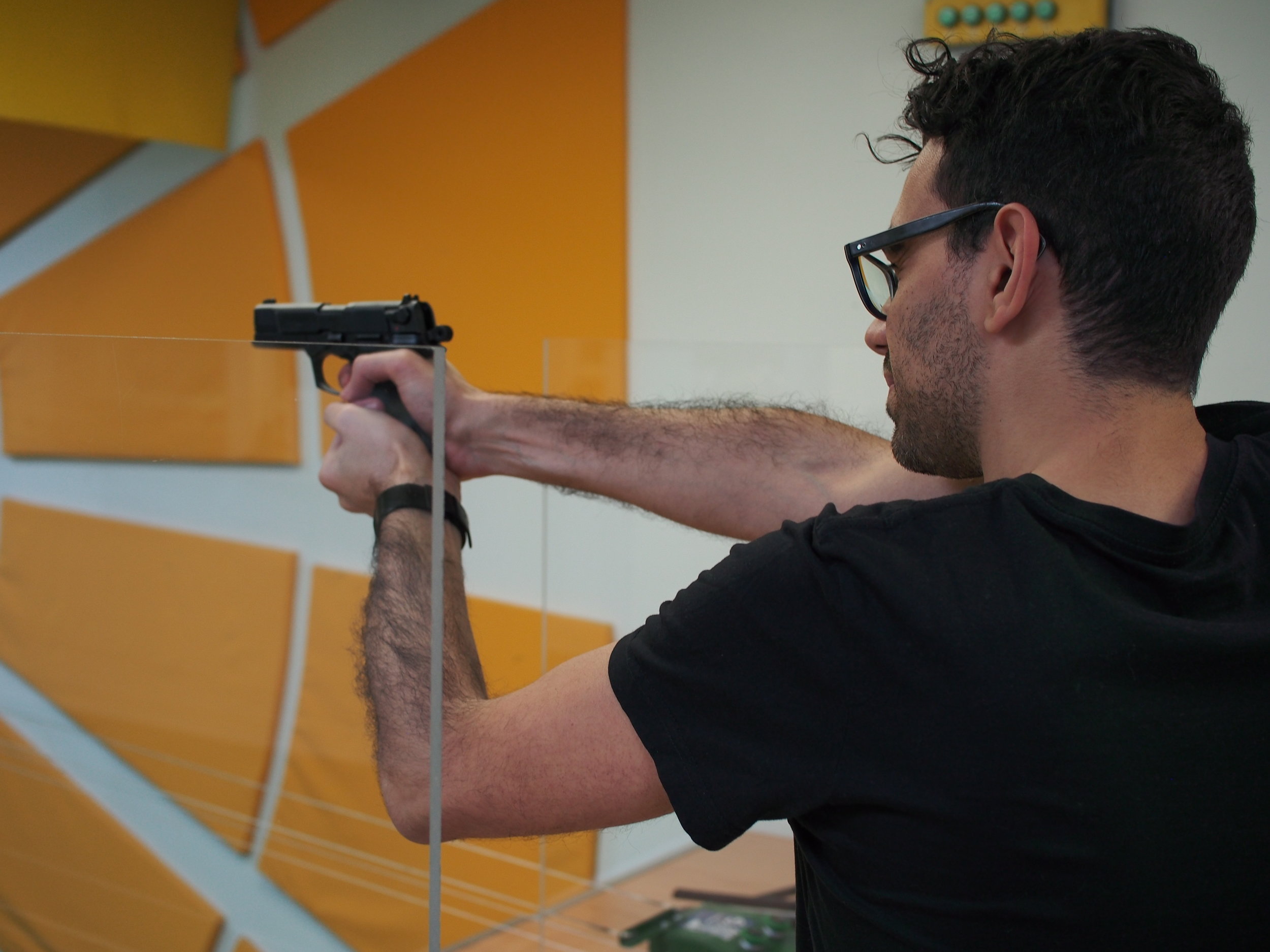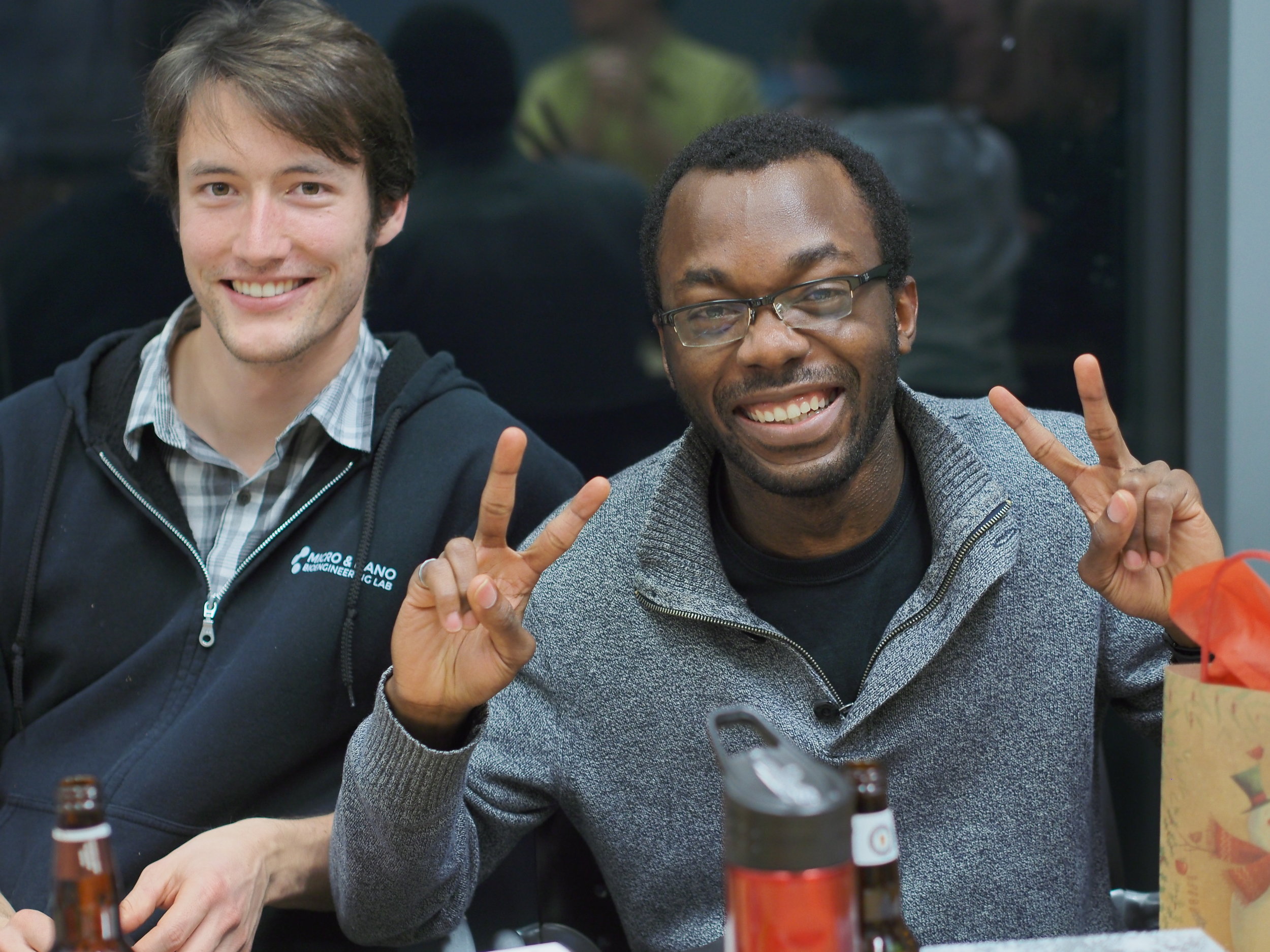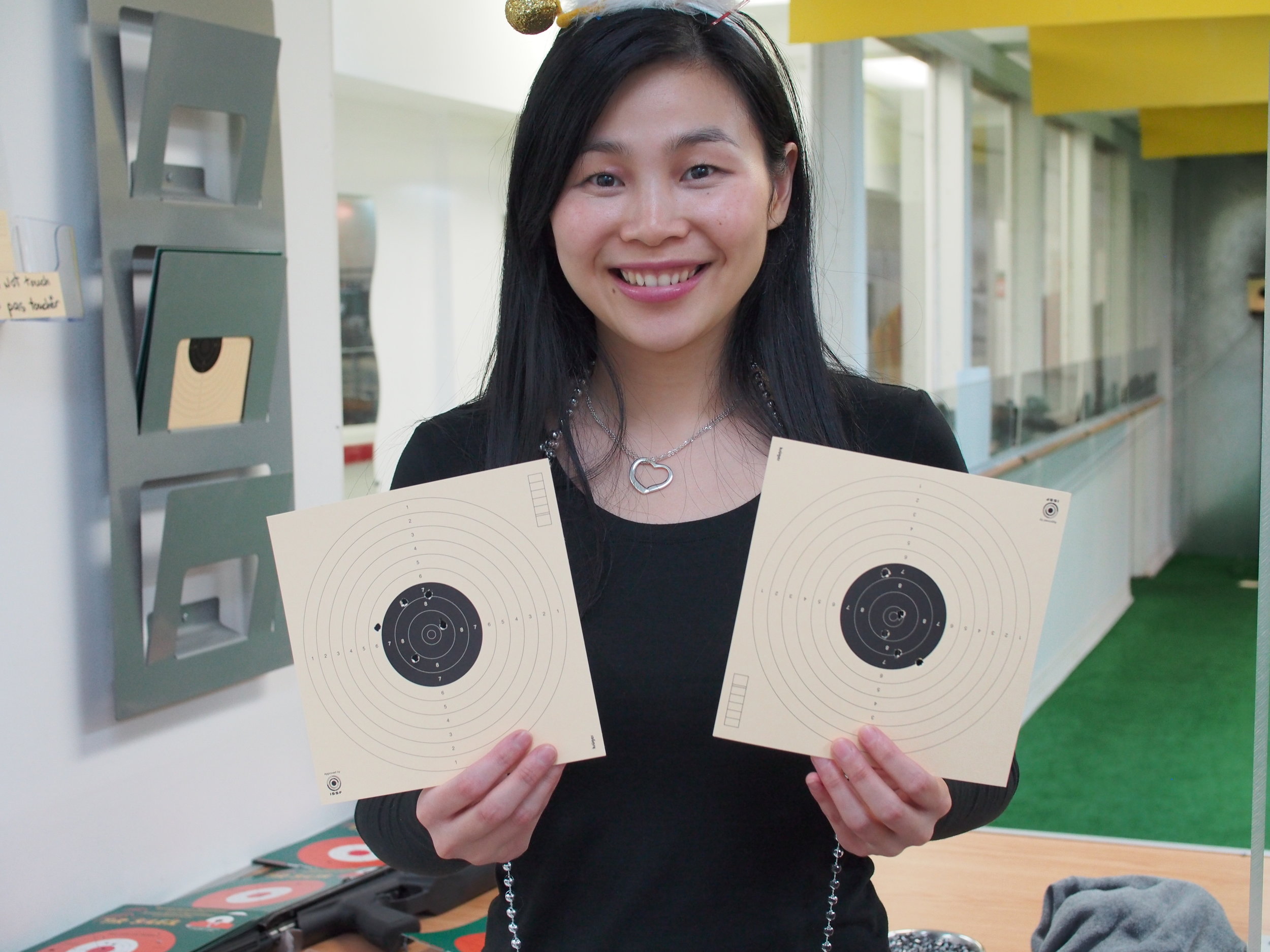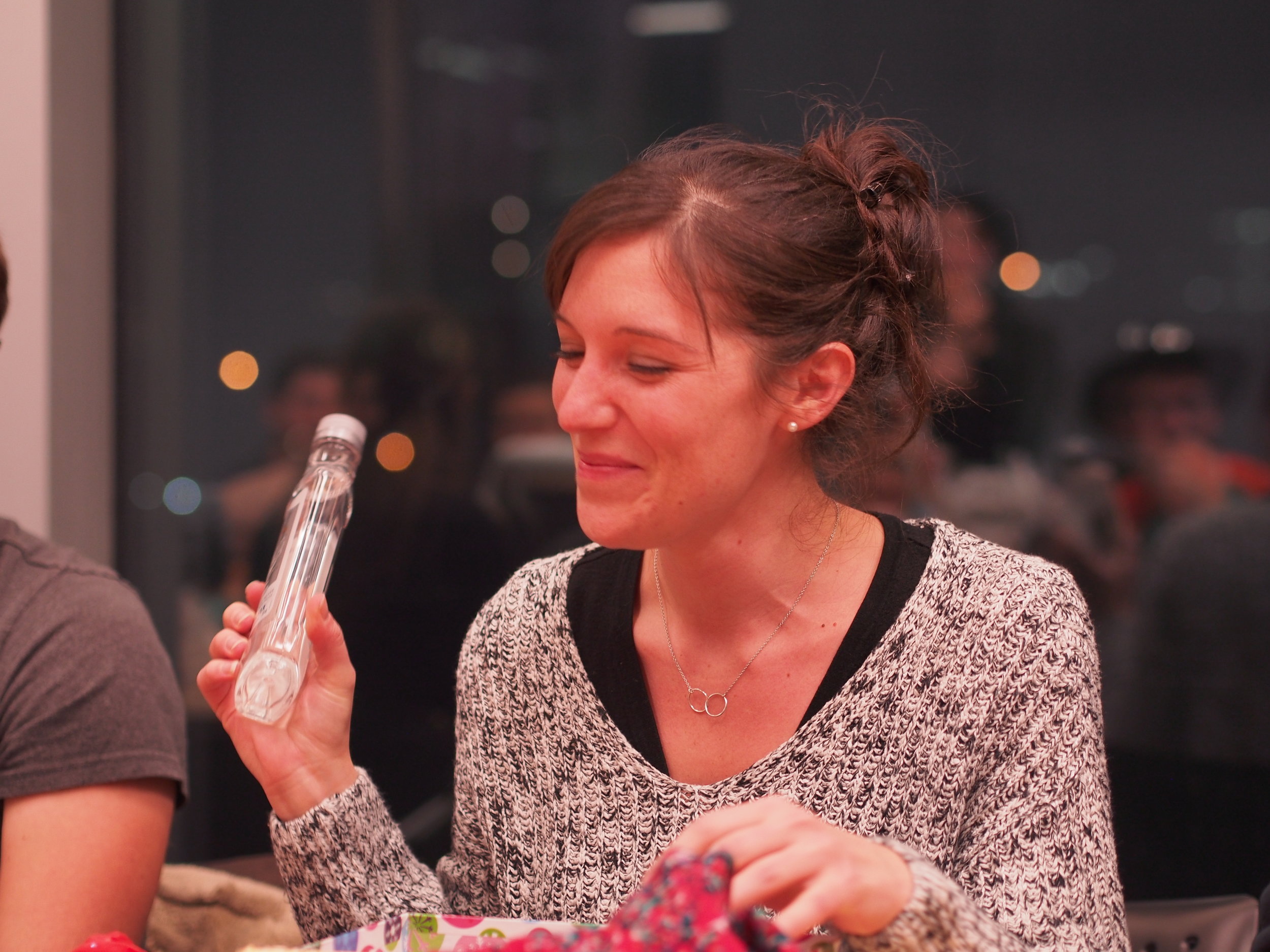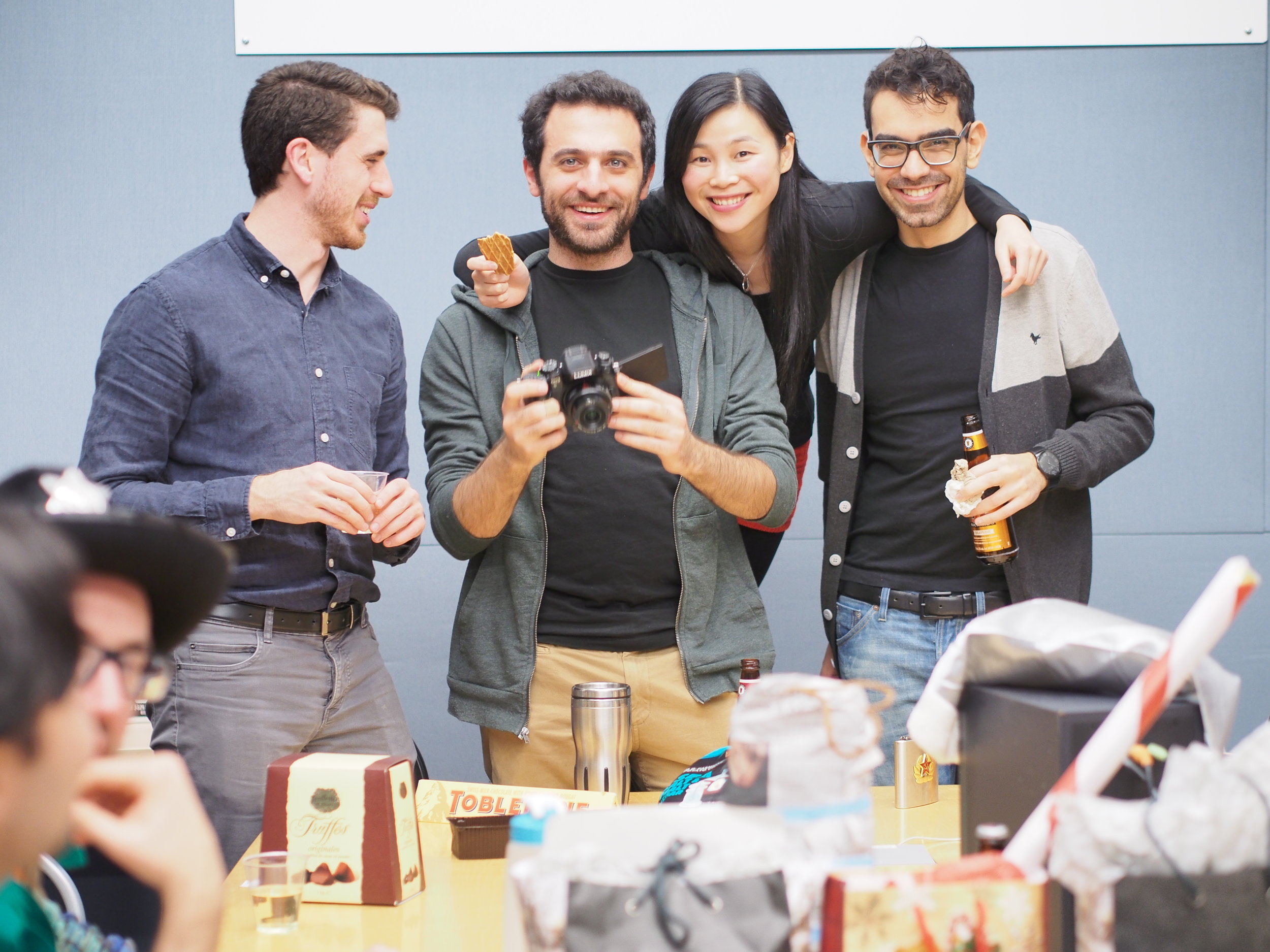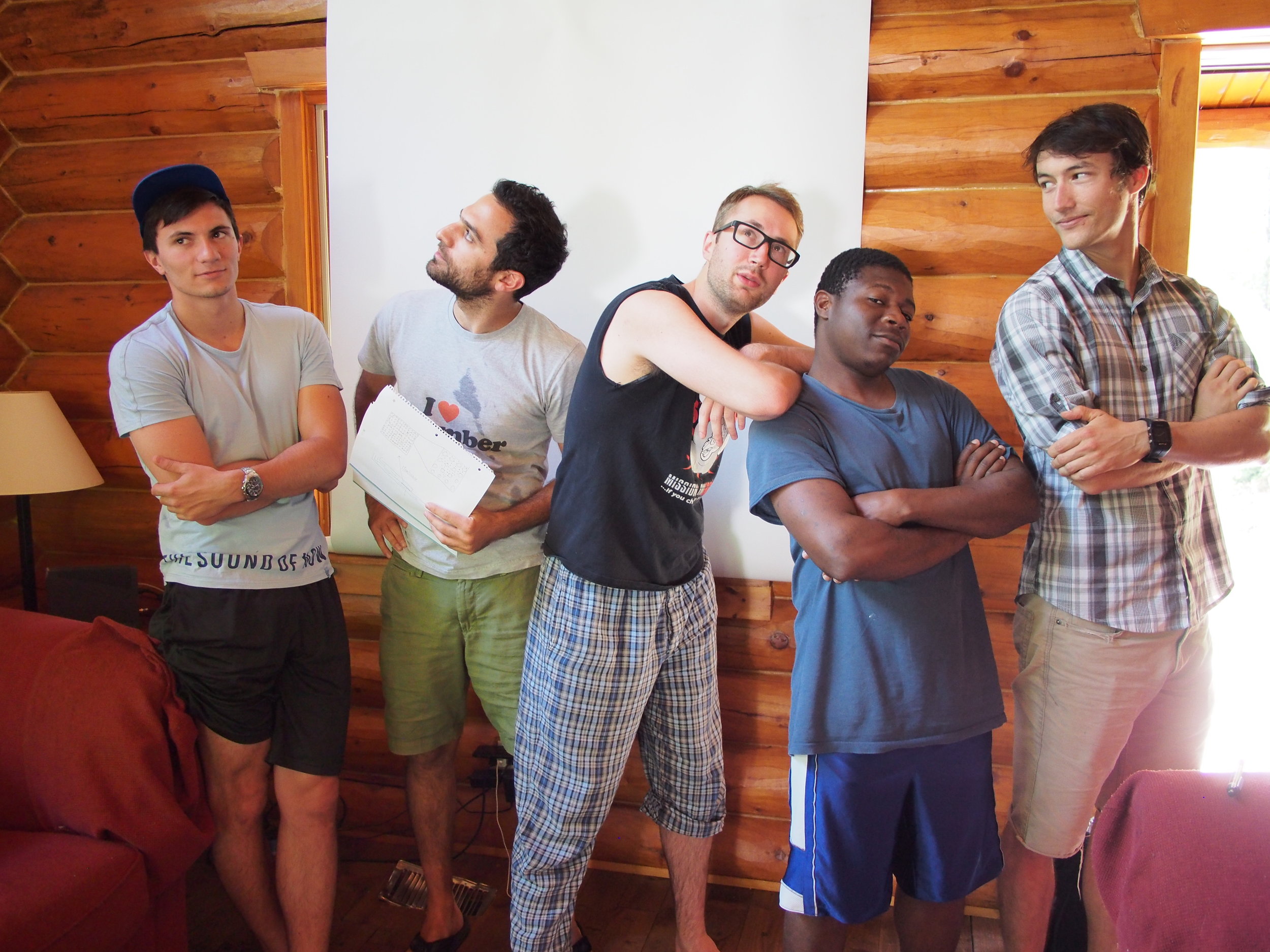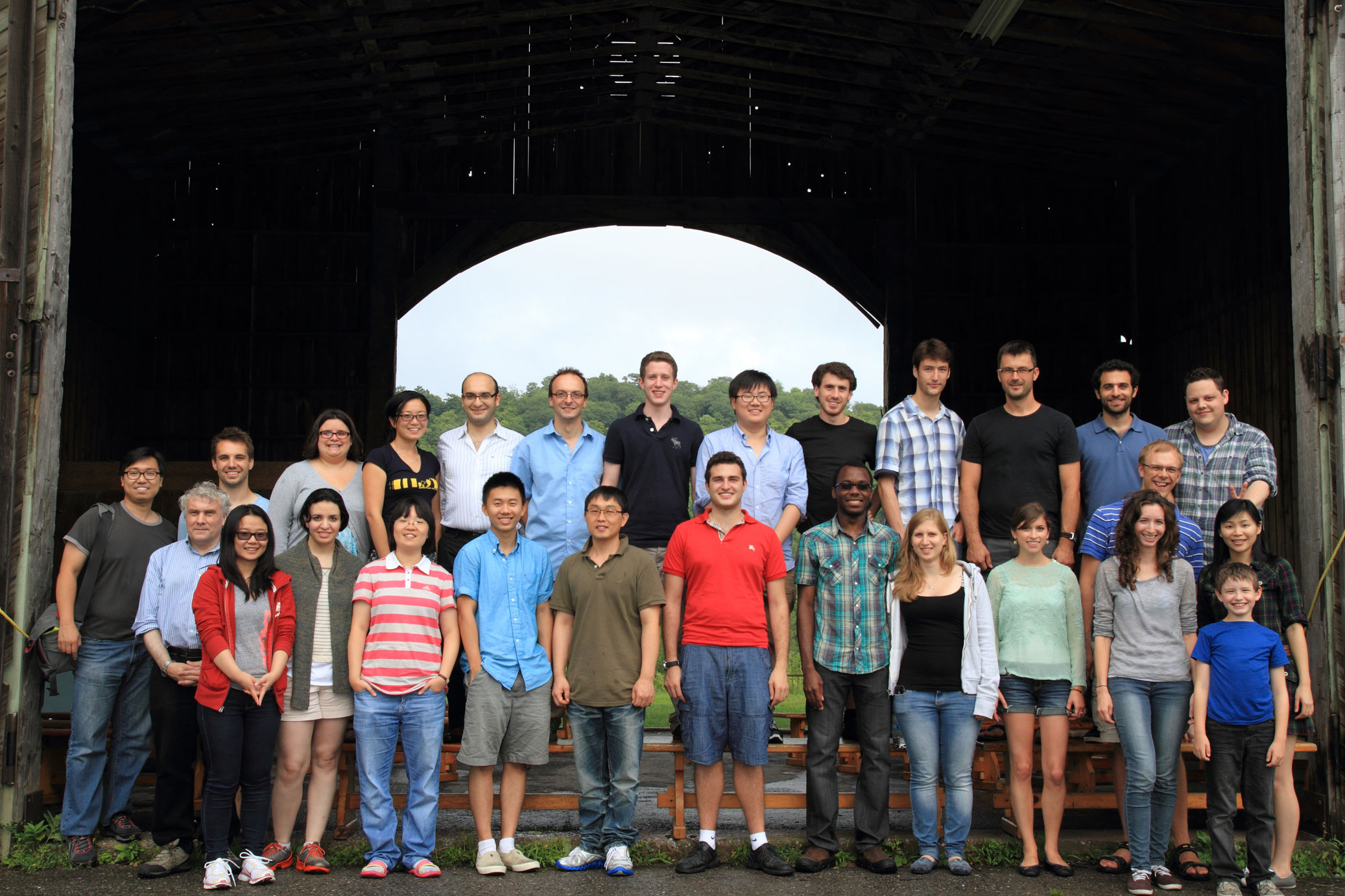We welcome inquiries regarding opportunities in the lab for both graduate students and postdoctoral fellows at any time. To apply, please e-mail the following to Dr. Juncker:
Cover letter outlining:
(i) Why you are interested in joining the lab
(ii) Why you are a suitable candidate for our lab
(iii) How you foresee you will contribute to the lab's successCurriculum vitae
Professional or academic references
Relevant published papers or manuscripts in preparation (in PDF) if available
A short descriptive document (maximum of 1 page excluding references) outlining your proposed thesis research project
Although all applications are read, due to the high volume of applications we receive, replies to your inquiry may not be forthcoming.
In the Juncker lab, we believe in the power of human creativity and ingenuity to advance our understanding of human health and disease, and aspire to develop ground-breaking, transformative micro and nanobioengineering technologies for bioanalysis, precision medicine, tissue engineering and organ-on-a-chip. We celebrate cultural and academic diversity in the lab with members from around the world trained in engineering, physics, chemistry, biology, and medicine. Students, have substantial freedom to pursue their ideas, are passionate about their work, while also having fun in and outside of the lab – they form a tight-knit group. Alumni from the lab have graduate to leadership positions in academia, industry, government. Three startups (Sensoreal Inc, Parallex Bioassays and nplex biosciences) were spun off from the lab so far, exemplifying our focus on innovation and translational applications.
McGill University was founded in 1821 and is consistently ranked among the top 30 public universities in the world and among the top three in Canada, while its medical school is consistently ranked first in Canada. McGill’s official language is English, and it is located in Montreal, a multicultural, multilingual city with a sparkling cultural life. Montreal has been selected numerous times as the best city for students in North America. Montreal is safe, housing costs are among the lowest for cities of comparable size, and the overall quality of life is outstanding.
Current OpeningS
(A) We have an opening for a Postdoctoral Fellow position on the analysis of individual extracellular vesicles (EVs) using an imaging platform we developed called EV-ID. EV-ID is based on the combined label-free and label-based microscopy, i.e. interference scattering (iSCAT) and fluorescence imaging, respectively. Following EV immobilization and label free imaging and incubation with barcoded-antibodies, multiplexed analysis of the expression of tens of proteins on single EVs is performed by rapid exchange of fluorescent oligo labels by microfluidic flow. The fellow will use and perfect EV-ID for (i) the analysis of individual EVs secreted by single cancer cells in response to drugs and (ii) discover biomarkers in patient samples for cancer diagnosis and/or prognosis. The fellow will be encouraged to develop research avenues according to their ideas and interest such as for example integrating machine learning methods in image analysis, or exploring multi-omic analysis to complement proteomics.
(B) We are recruiting Masters and PhDs on ‘quantum’ analysis of single molecule, or single extracellular vesicle, or single (cancer) cell; on microfluidic chain reactions using capillaric chips for lab and point-of-care testing; and on 3D-printed organ-on-a-chip.
If you are interested, please send your application documents including a cover letter (outlining why you are interested in joining the lab, your suitability as a candidate, and how you foresee yourself contributing to the lab’s success), CV, transcripts, and names of at least two references to job.djgroup@gmail.com
Undergraduate opportunities
NSERC Undergraduate Summer Research Awards (URSA)
To apply for an NSERC URSA Award, please send a CV and unofficial transcript to david.juncker@mcgill.ca as soon as possible. The deadline to submit the hard copy of the application to the department is Thursday, February 9th. Please note that due to the limited number of awards allocated, the following conditions will apply:
Each student award consists of $4,500 from NSERC + a minimum supervisor contribution of $1,125 (25%).
Only 1 application per student will be considered.
Applicant must have a CGPA of 3.60 or higher (using 4.00 scale).
Preference will be given to U2 and U3 applicants (i.e. students with at least 36 credits completed, excluding freshman year)
Dr. Juncker is able to supervise students under multiple affiliations including Biological and Biomedical Engineering and the Integrated Program in Neuroscience. A compete list of his affiliations can be found here.








